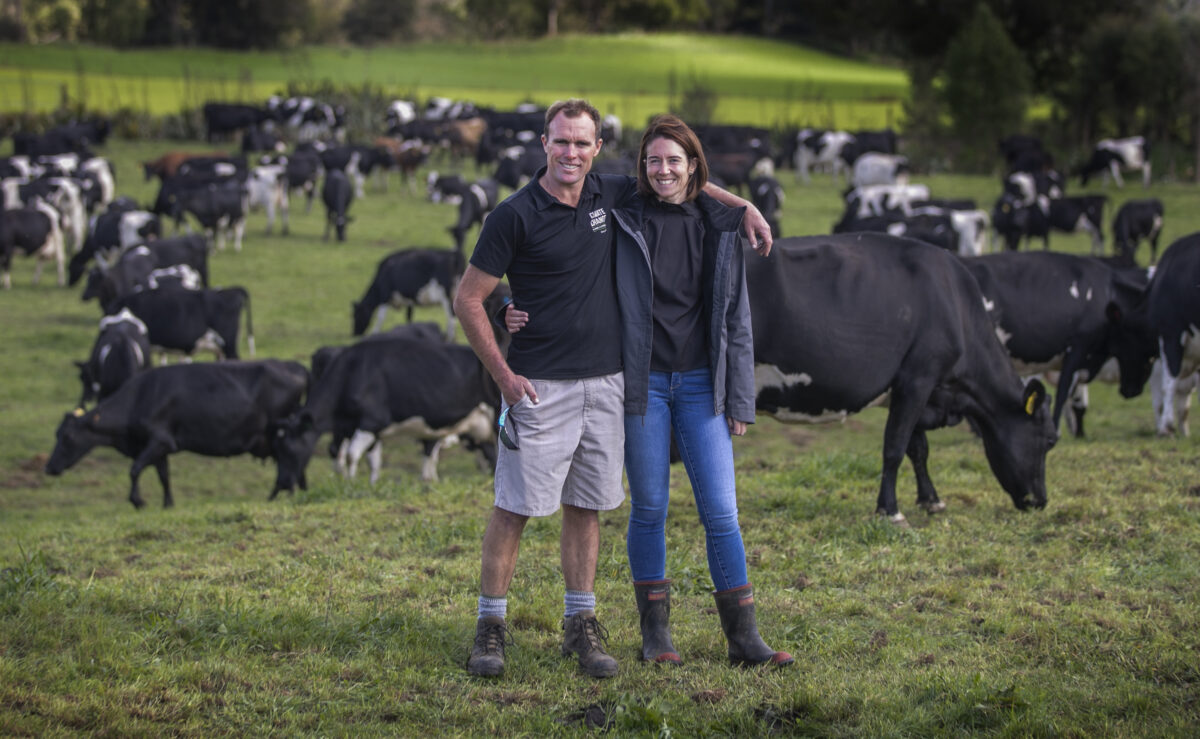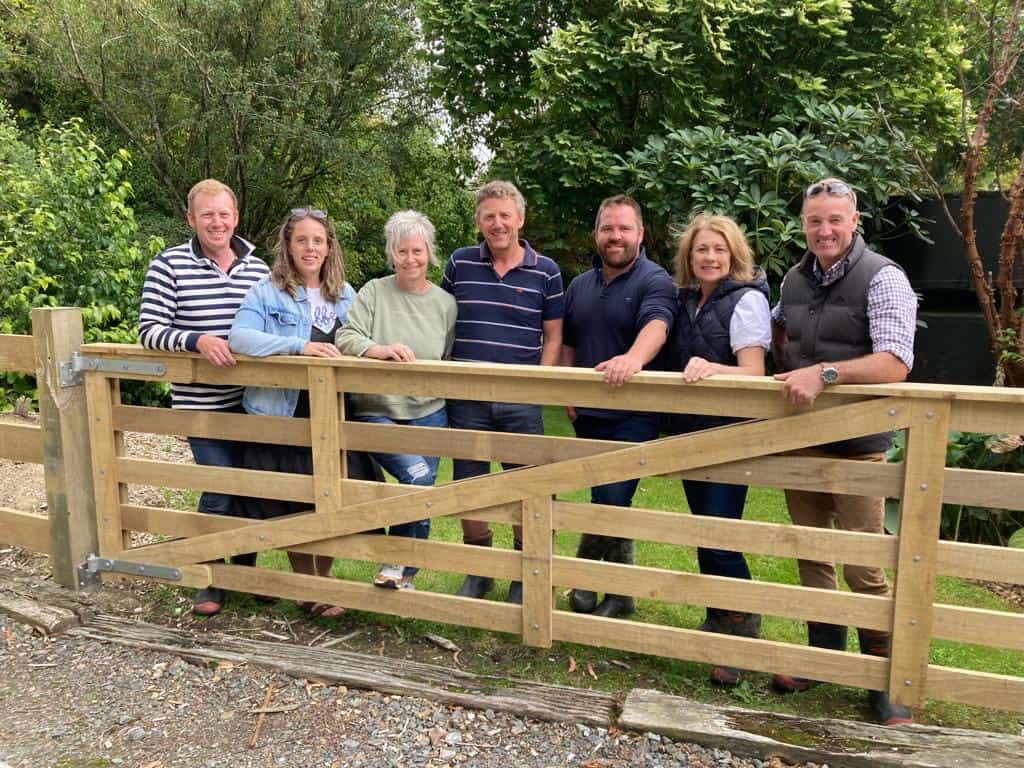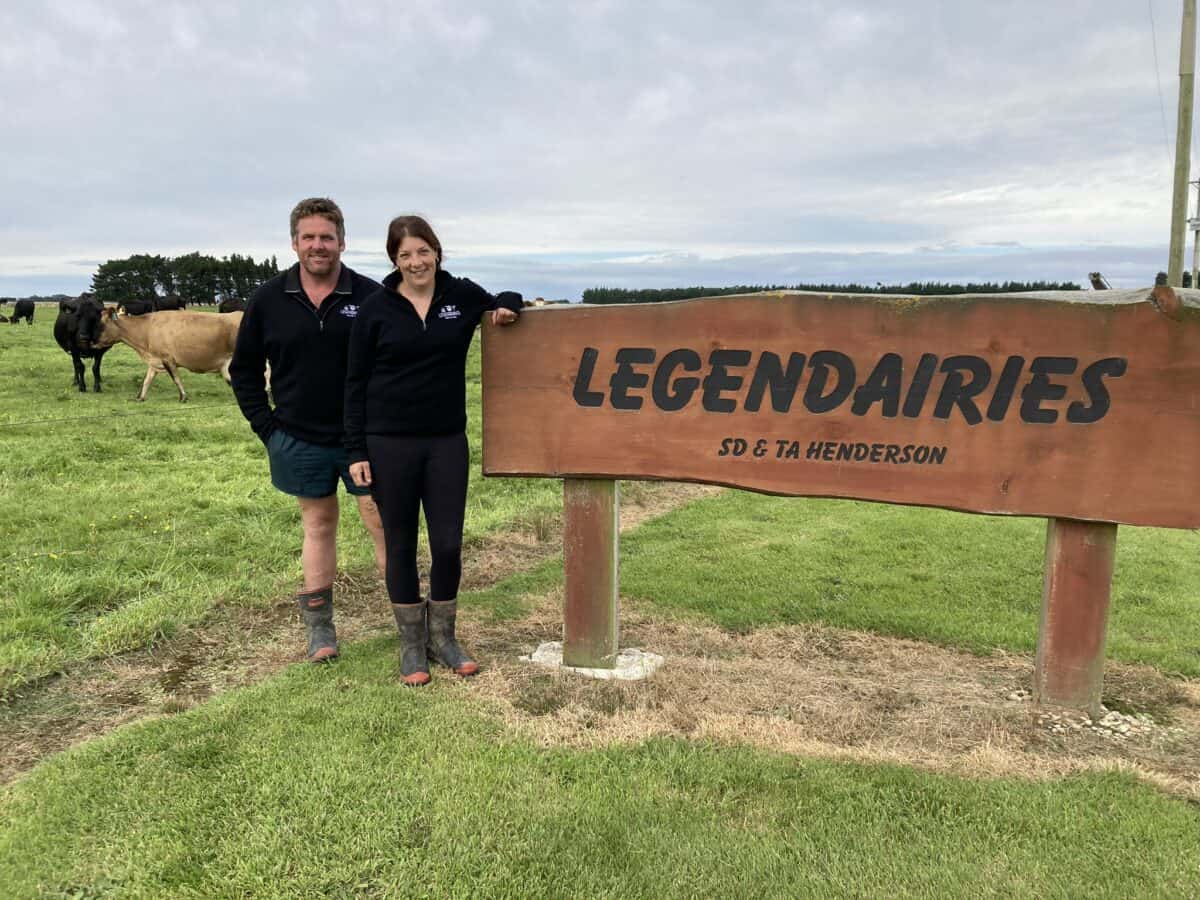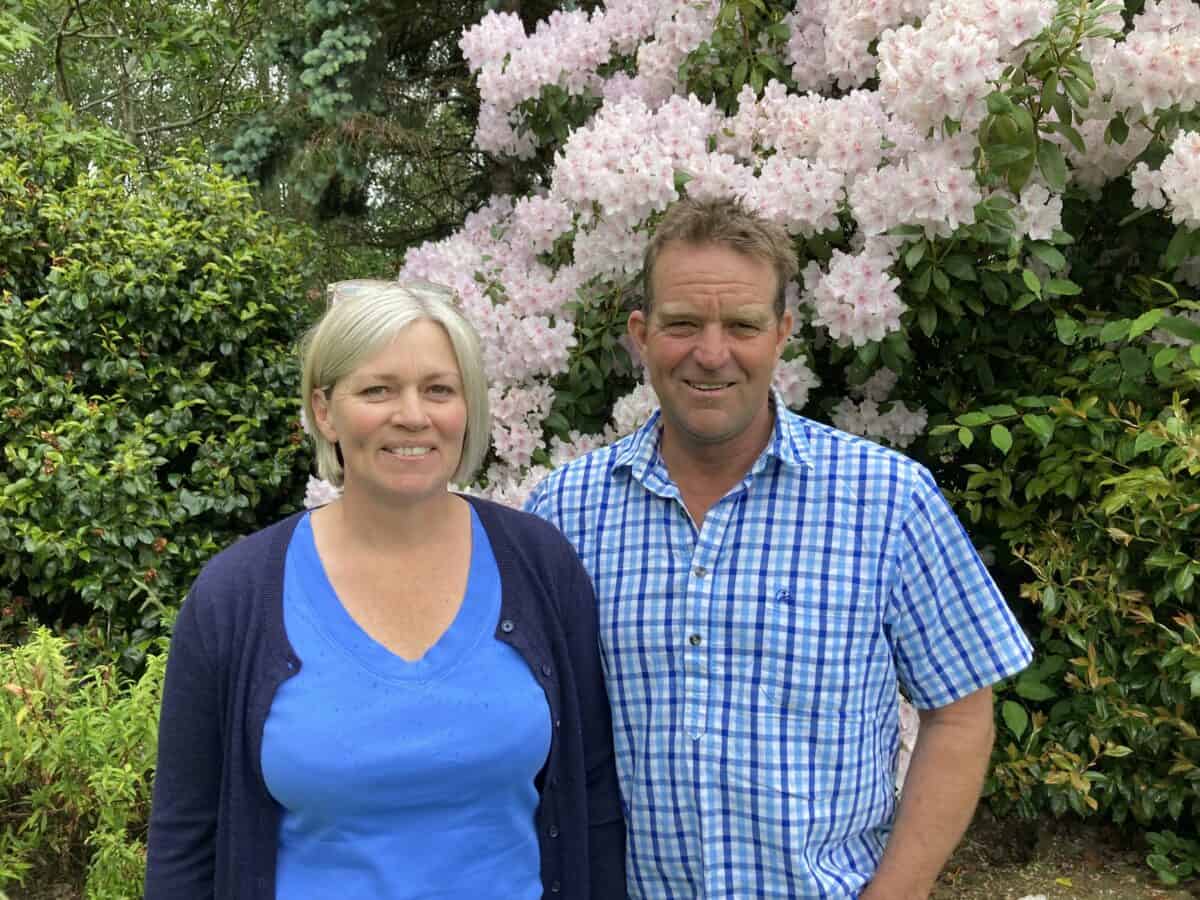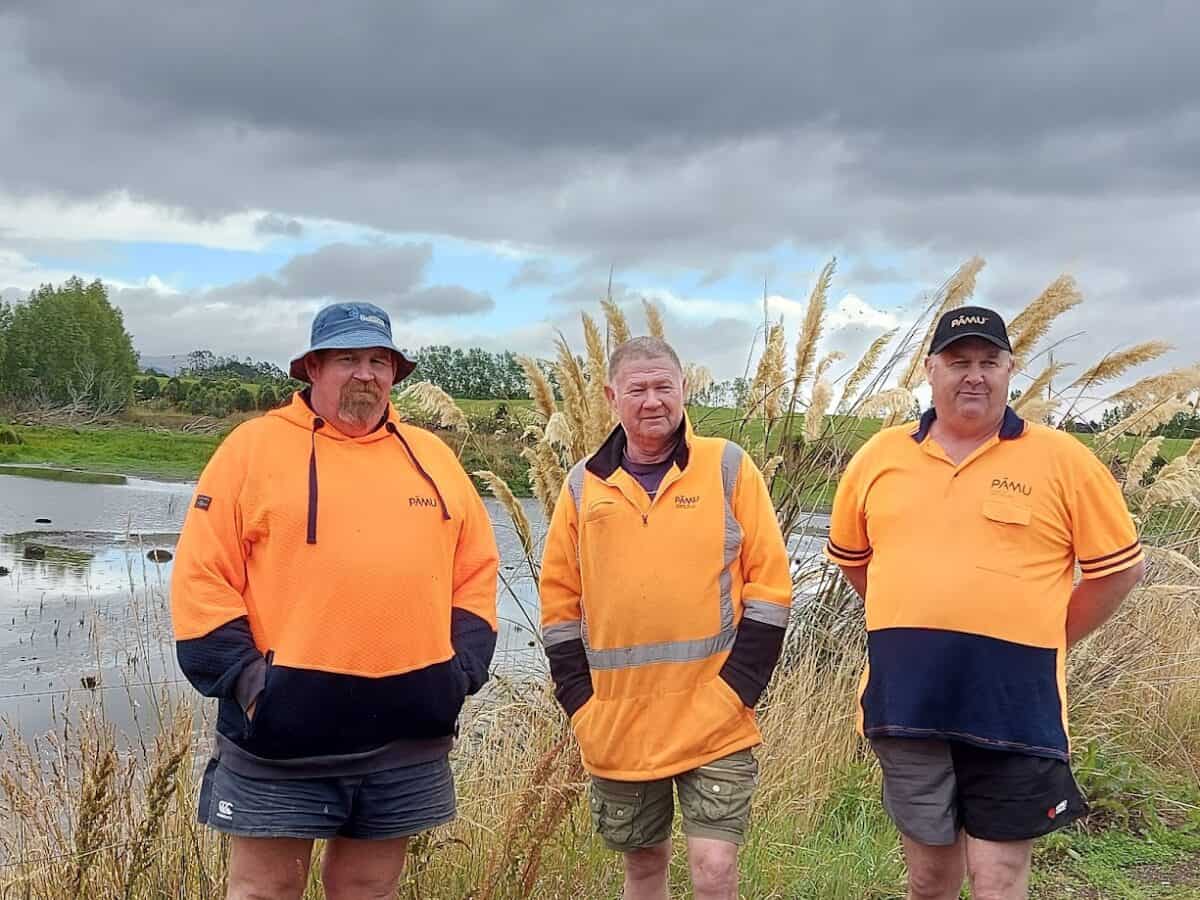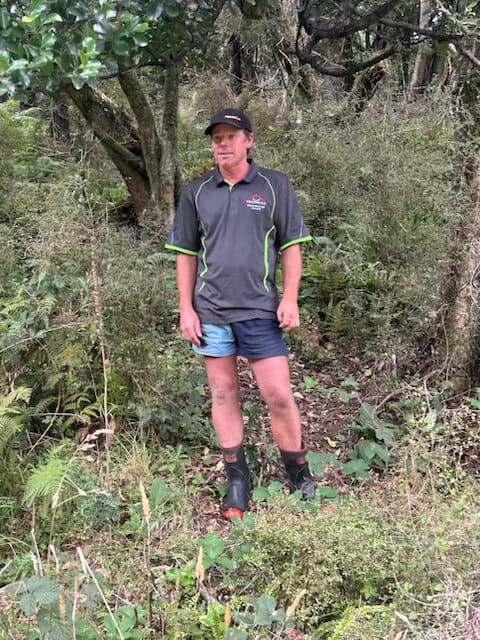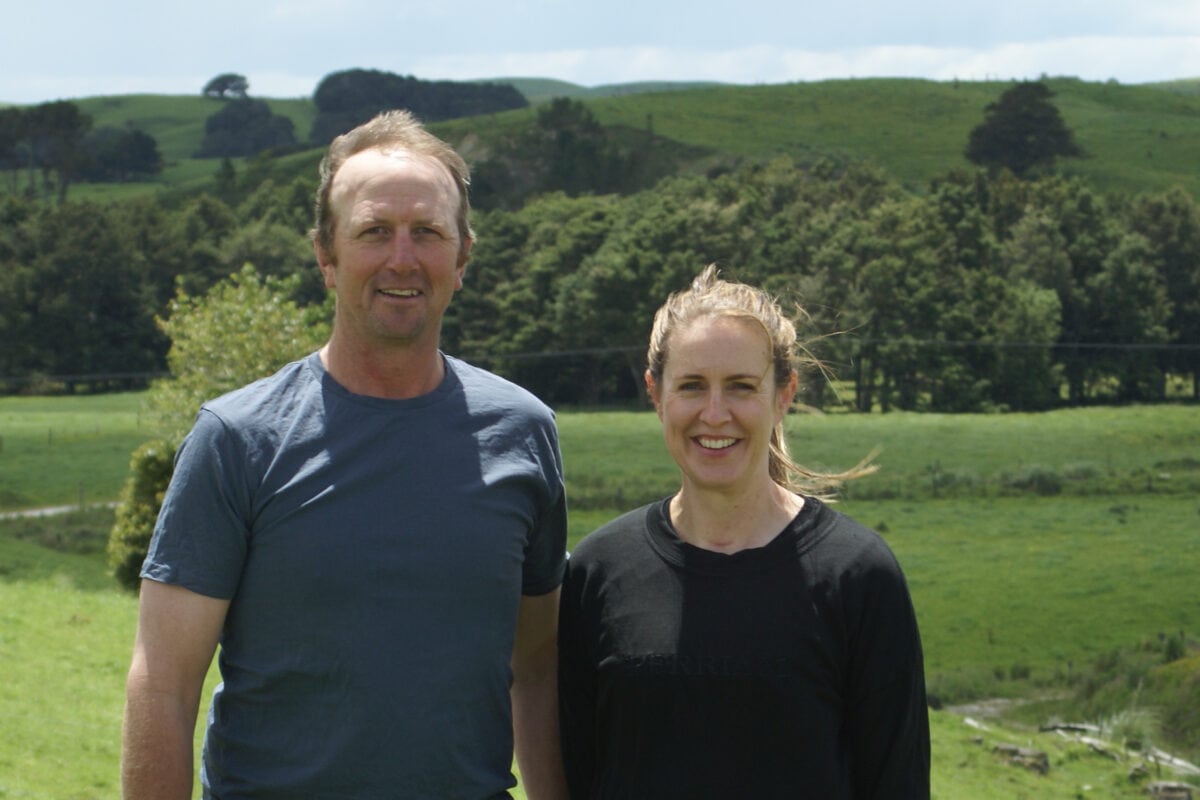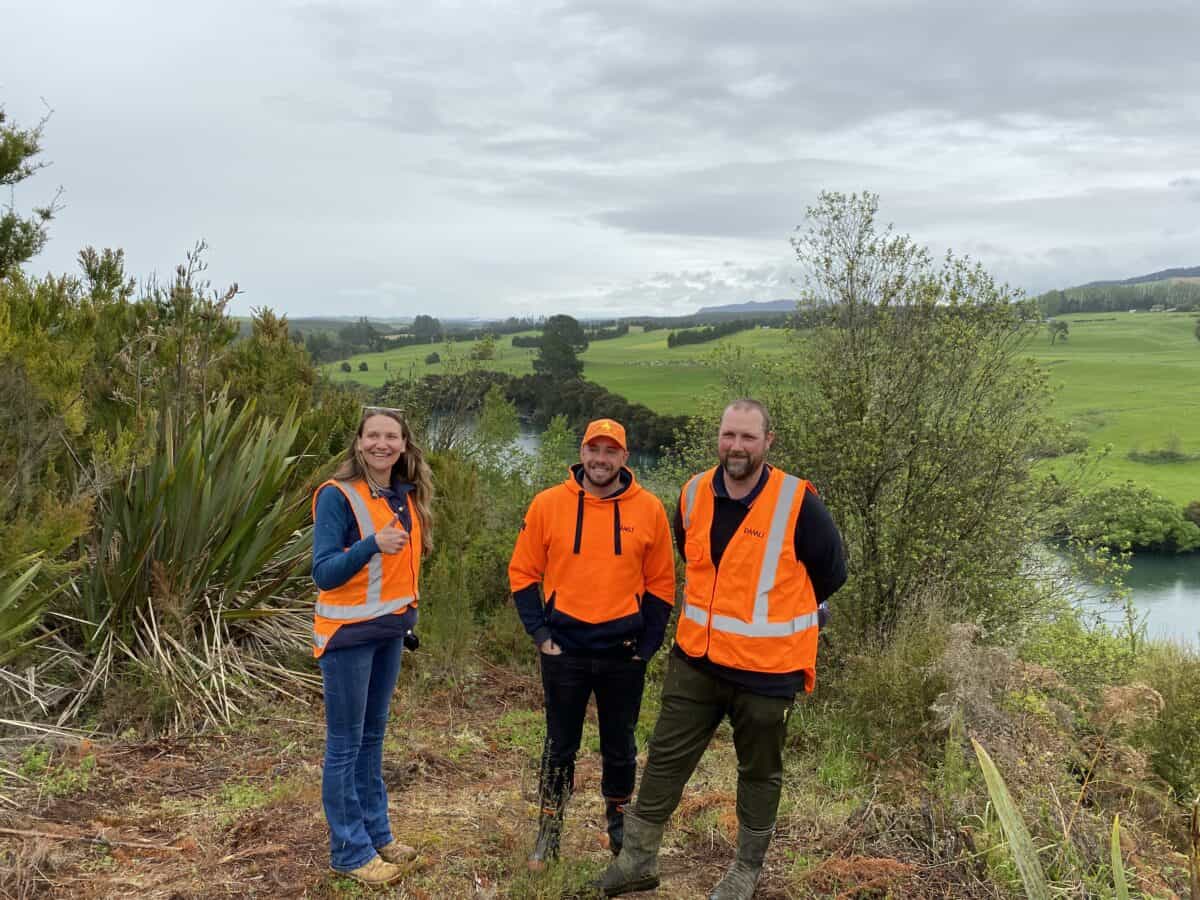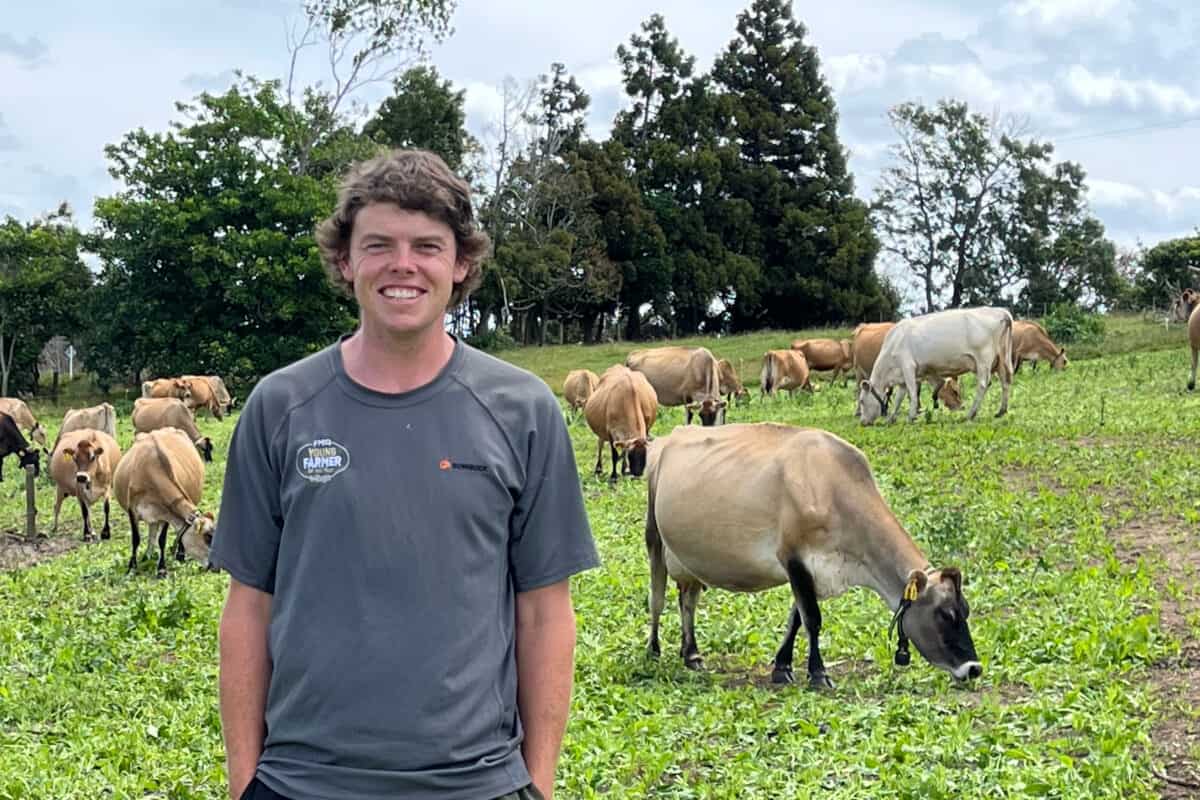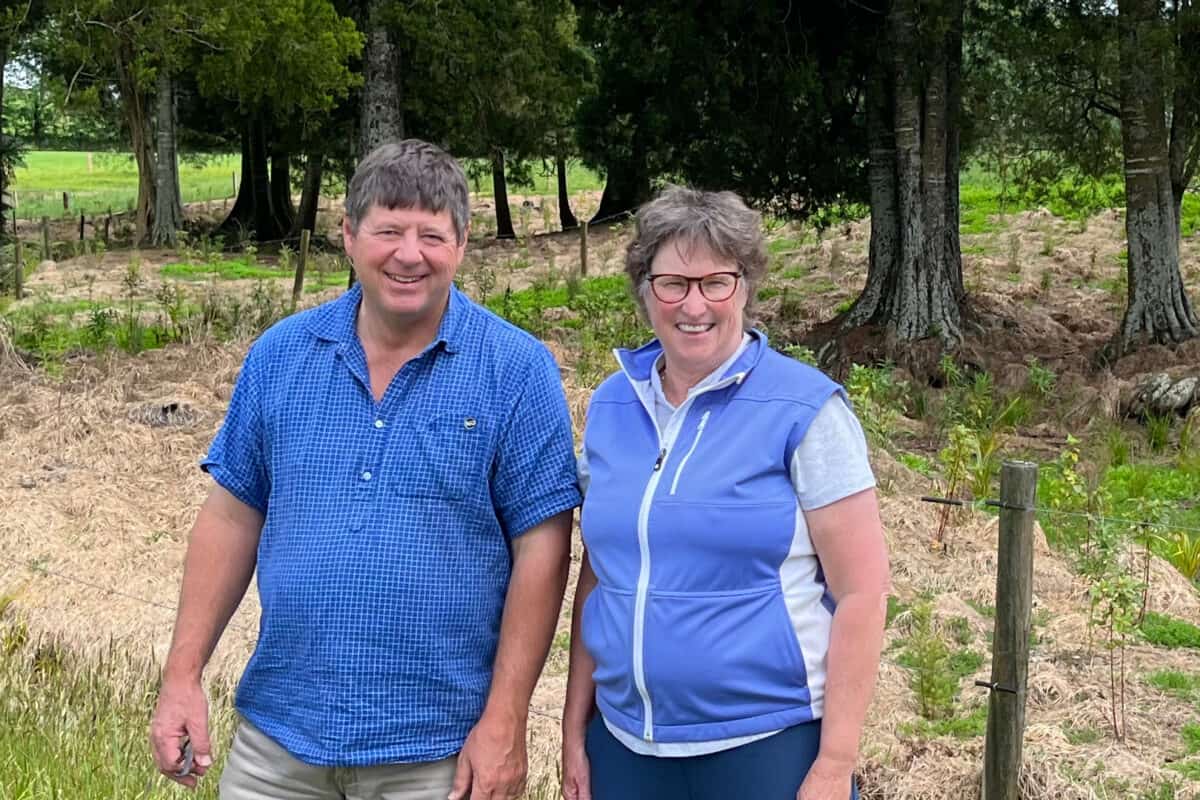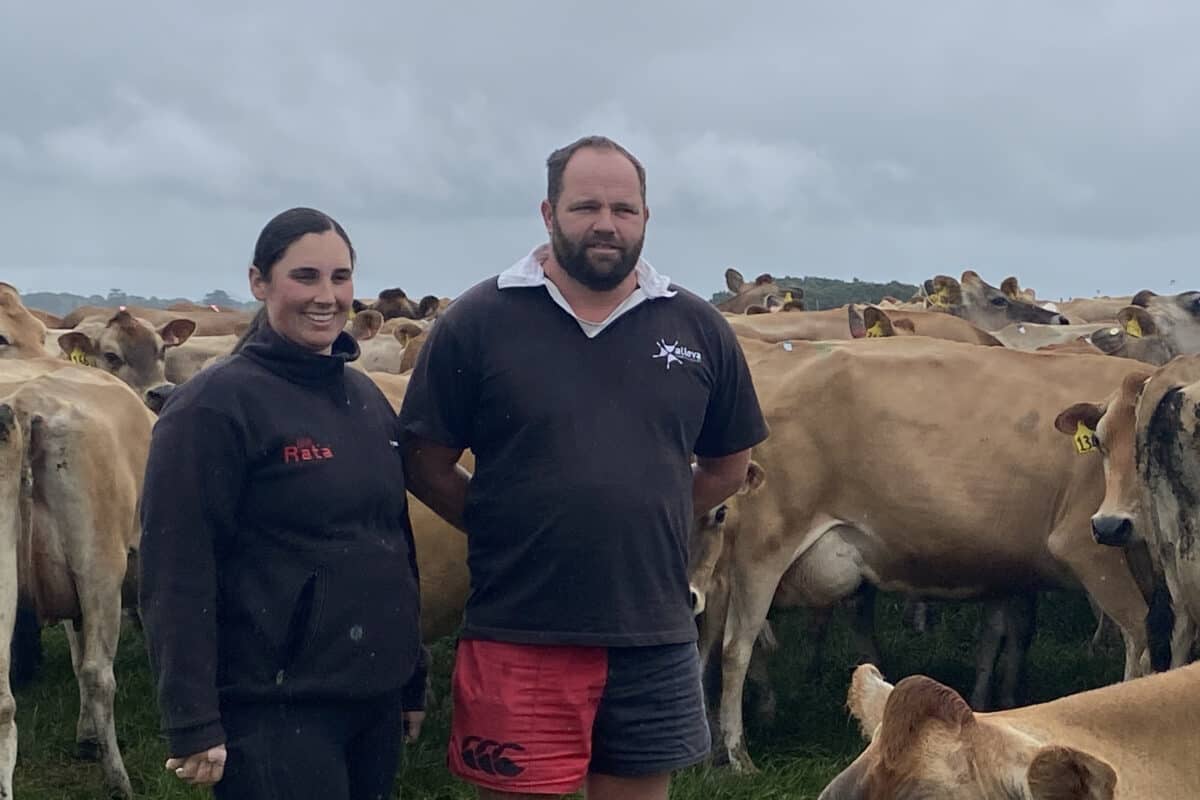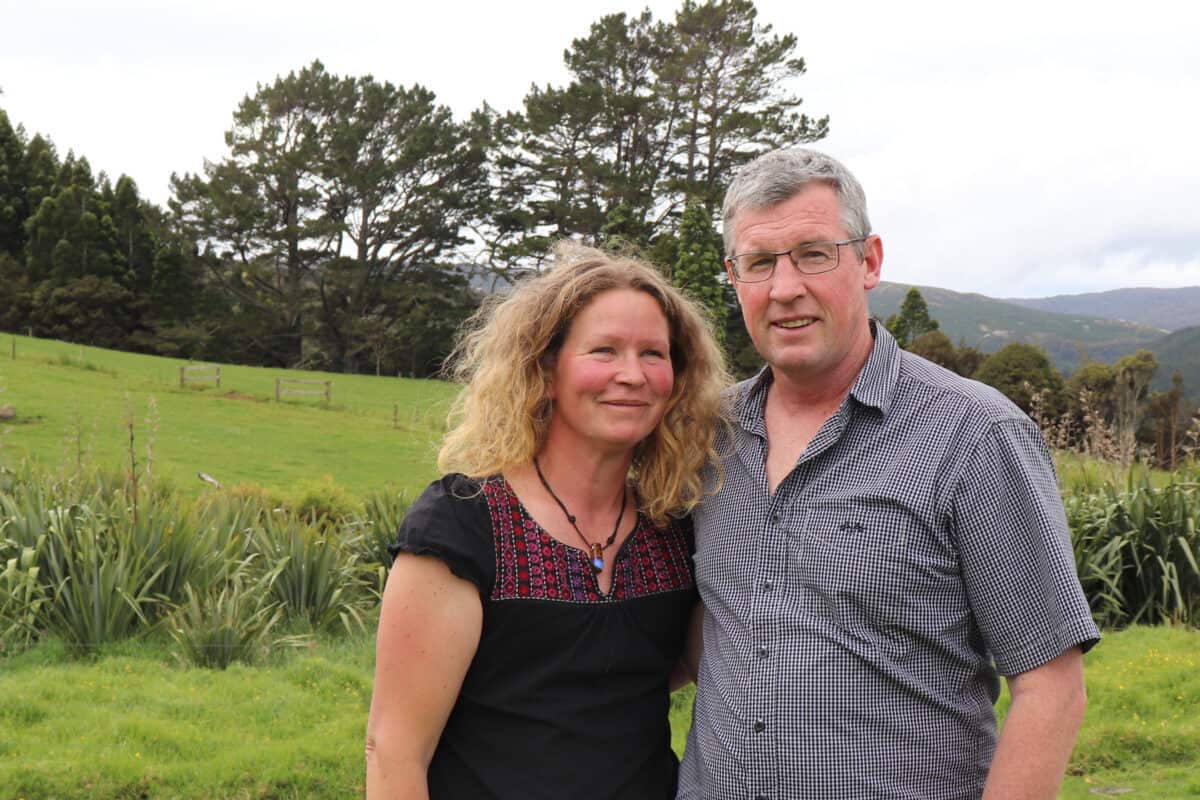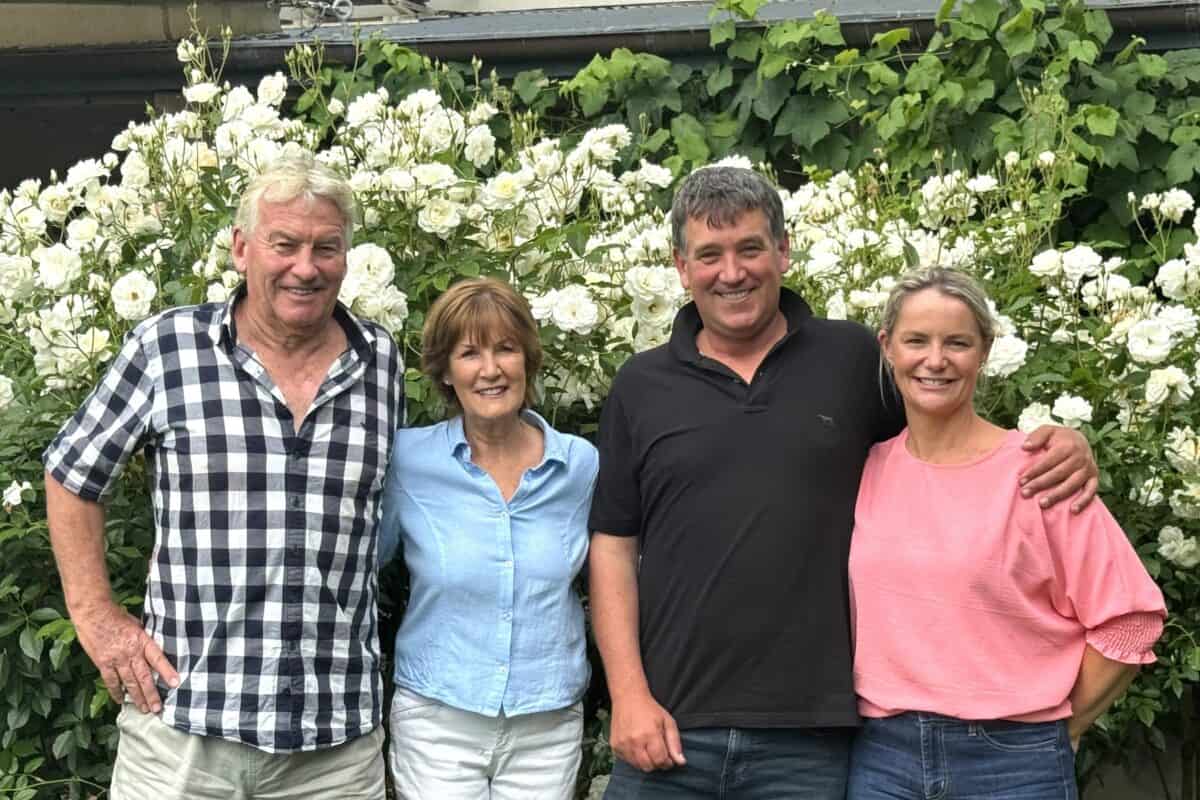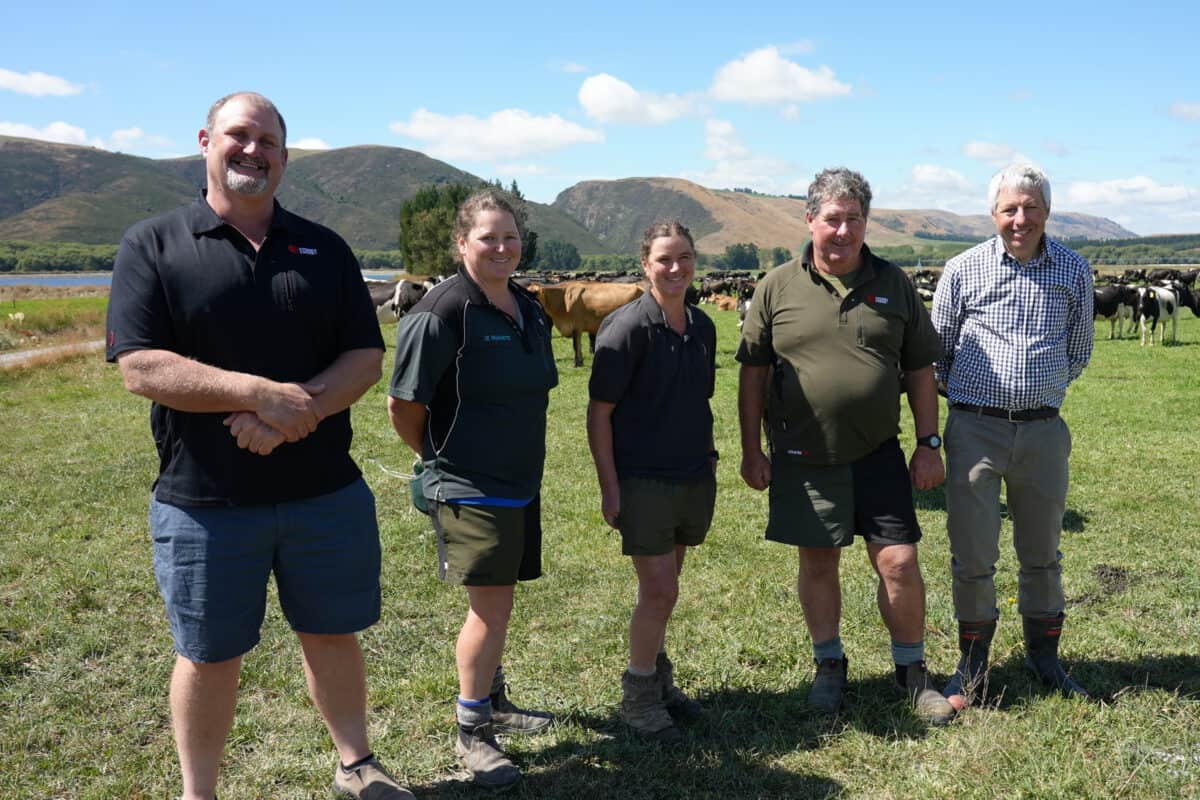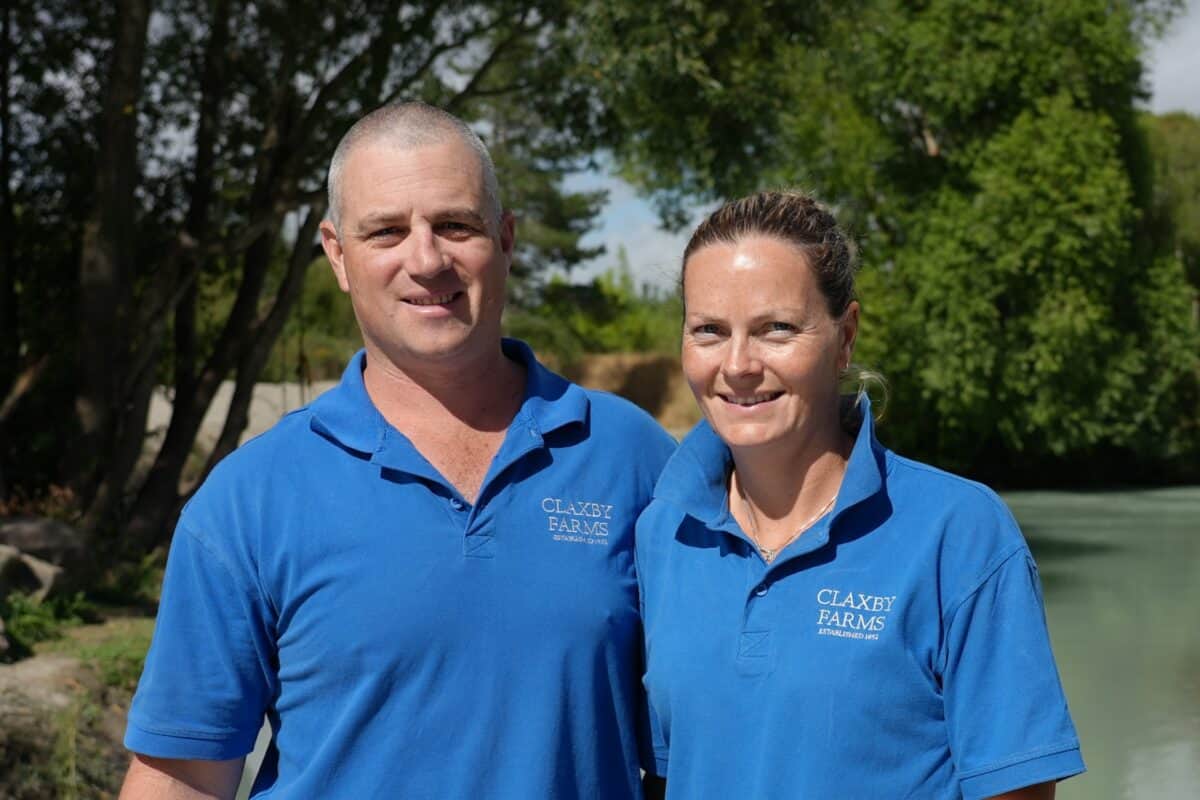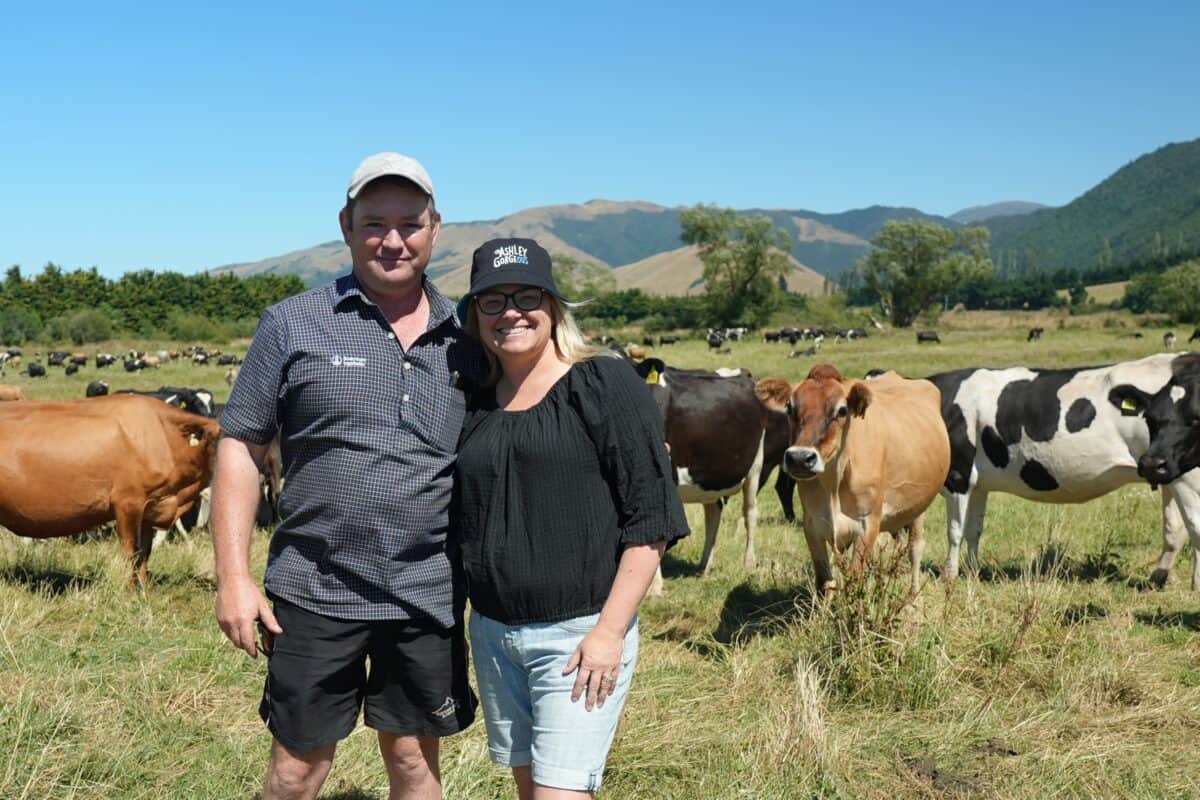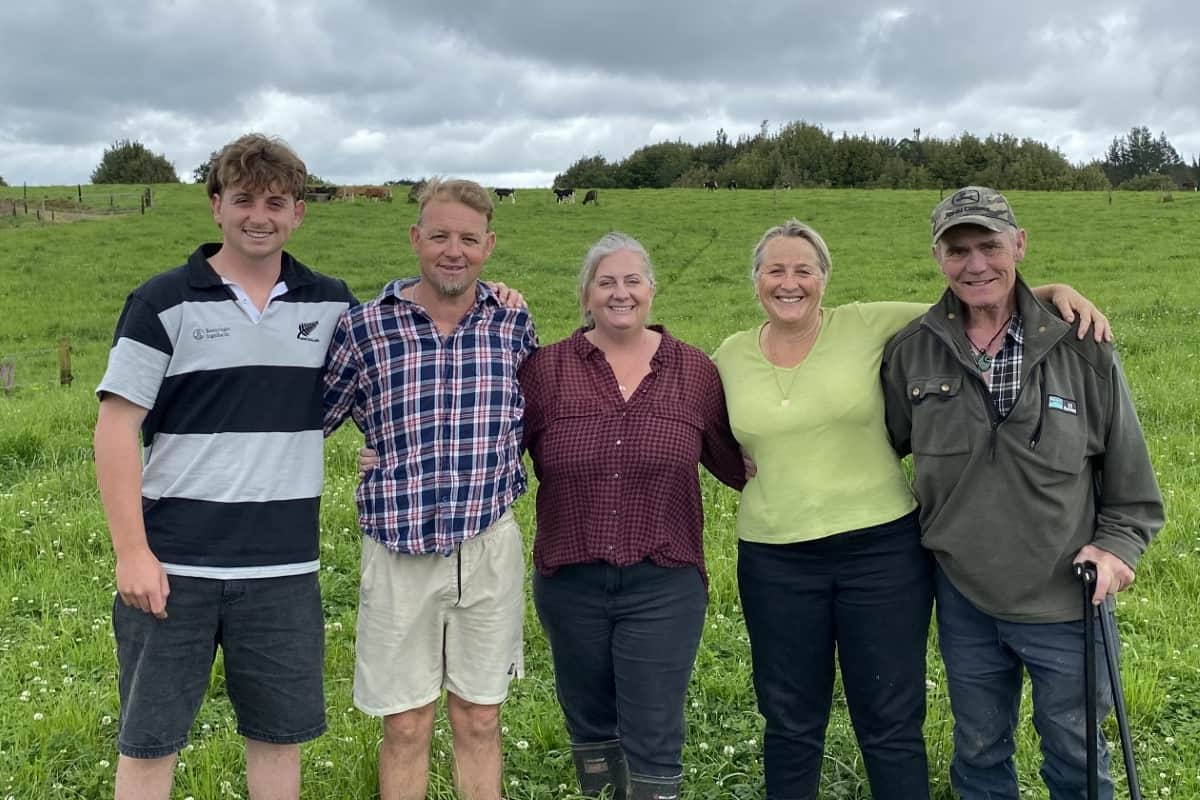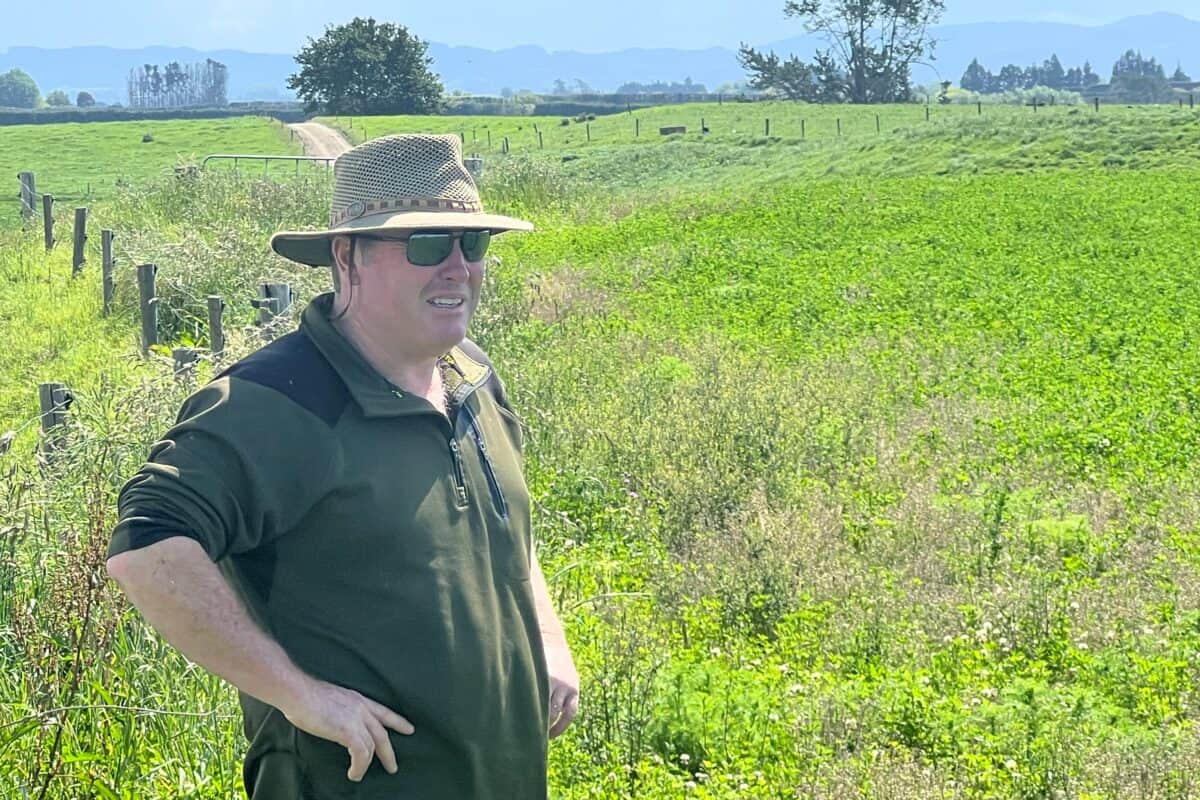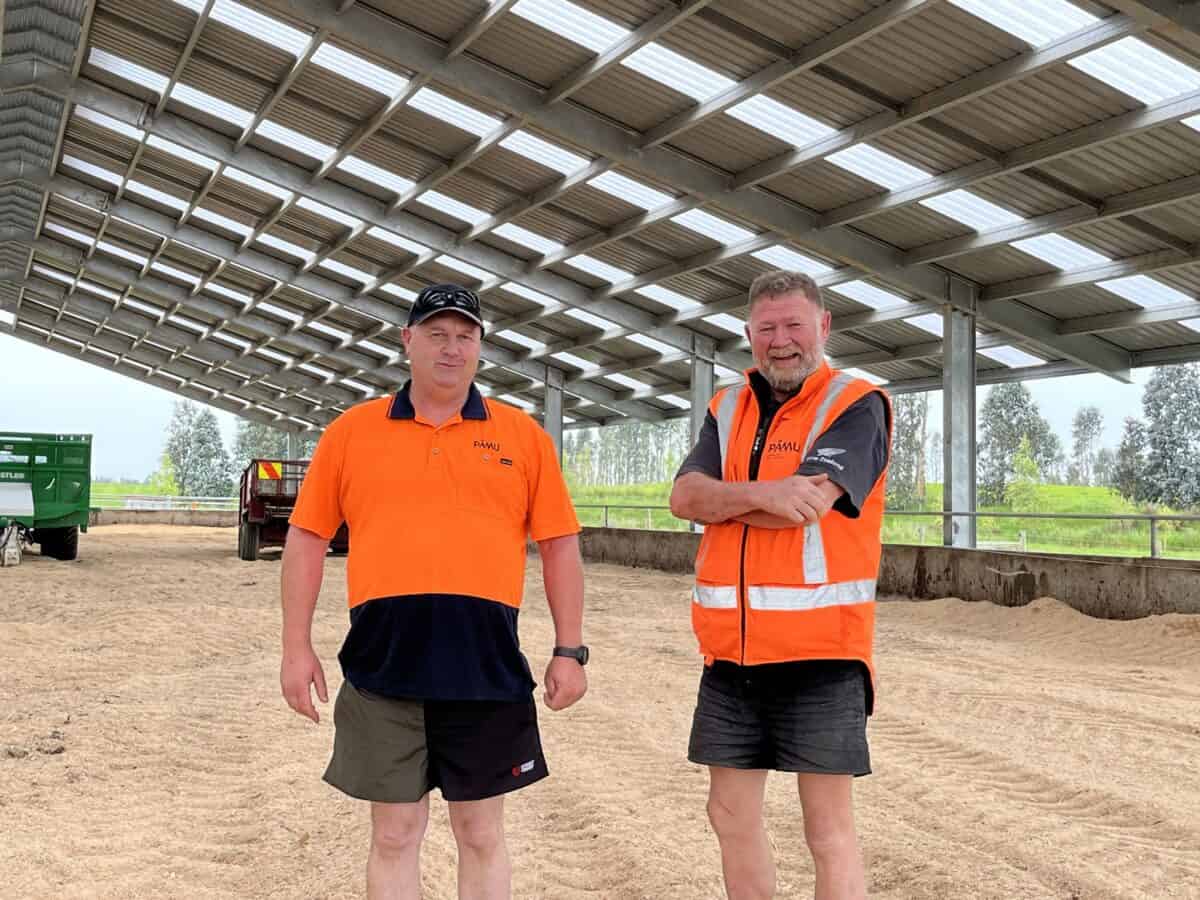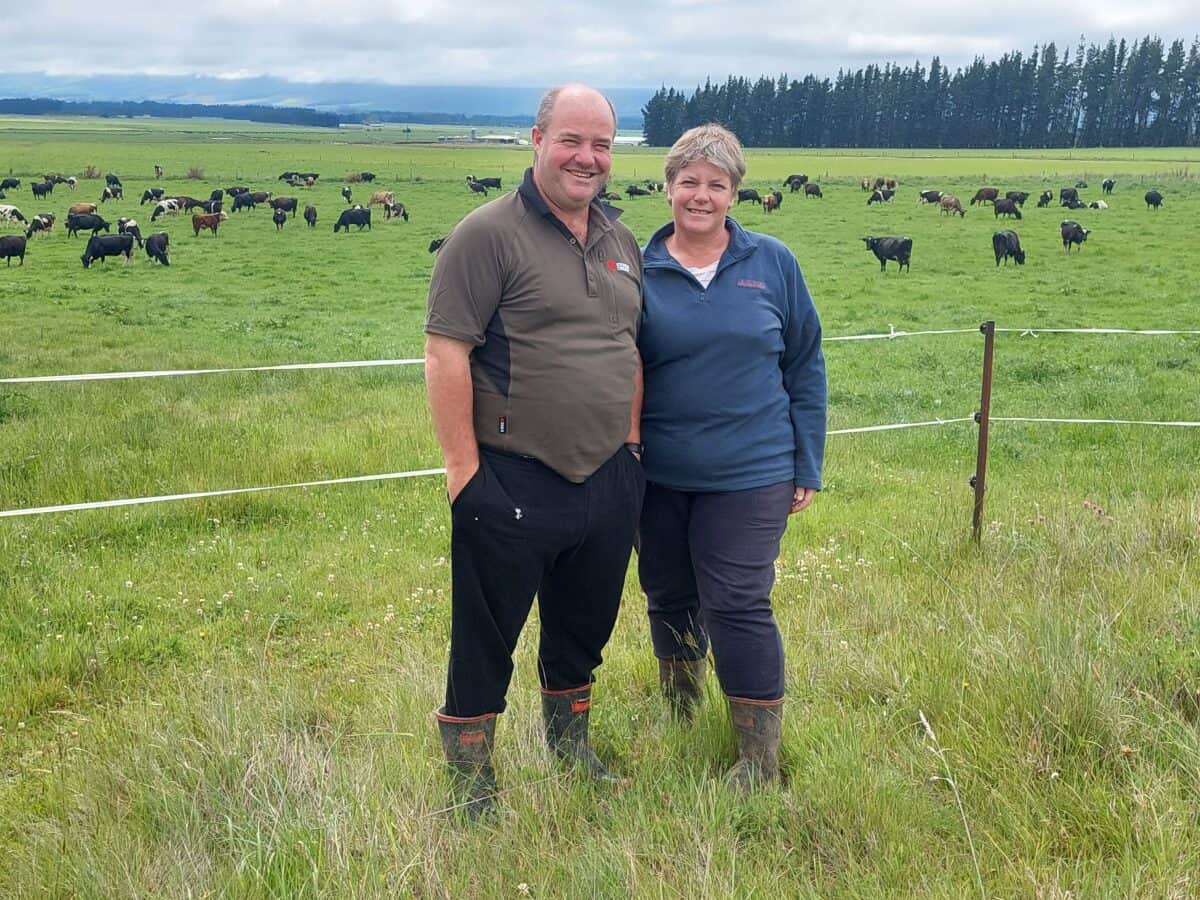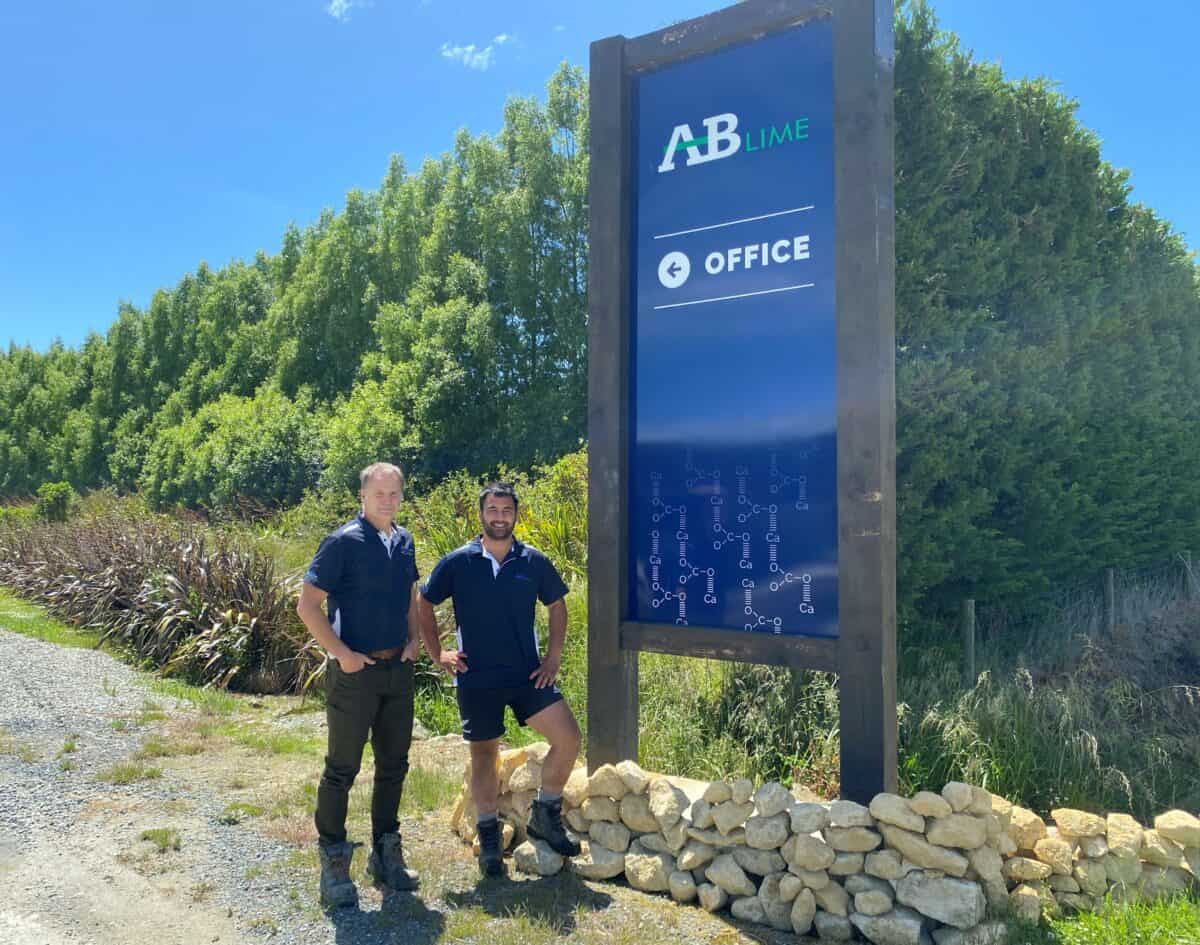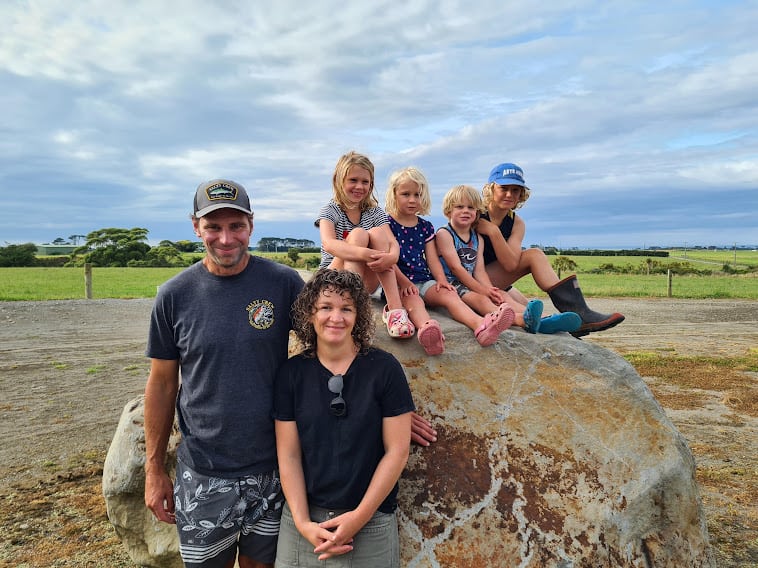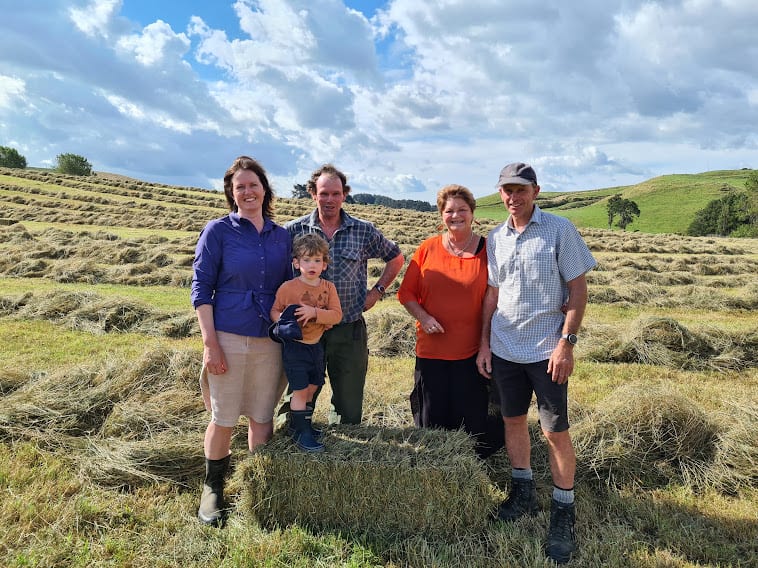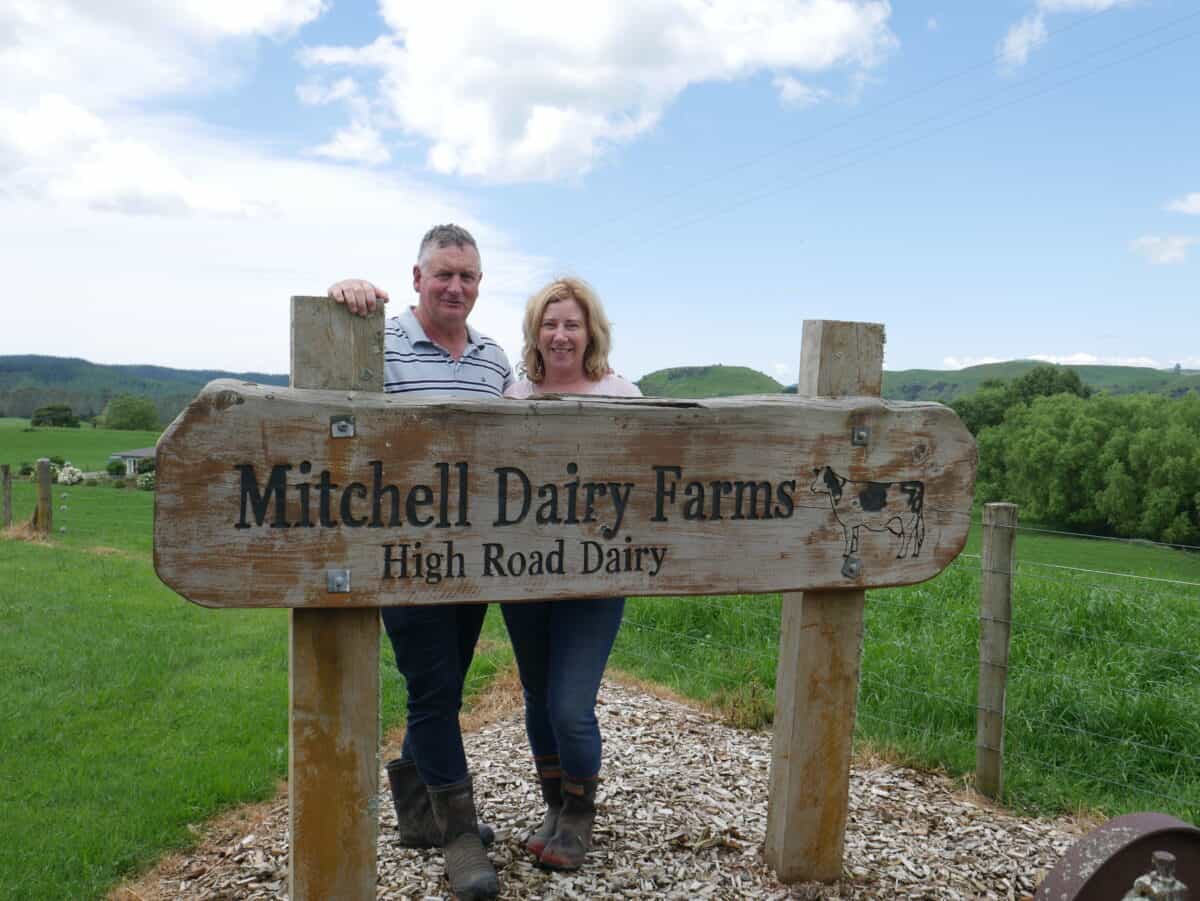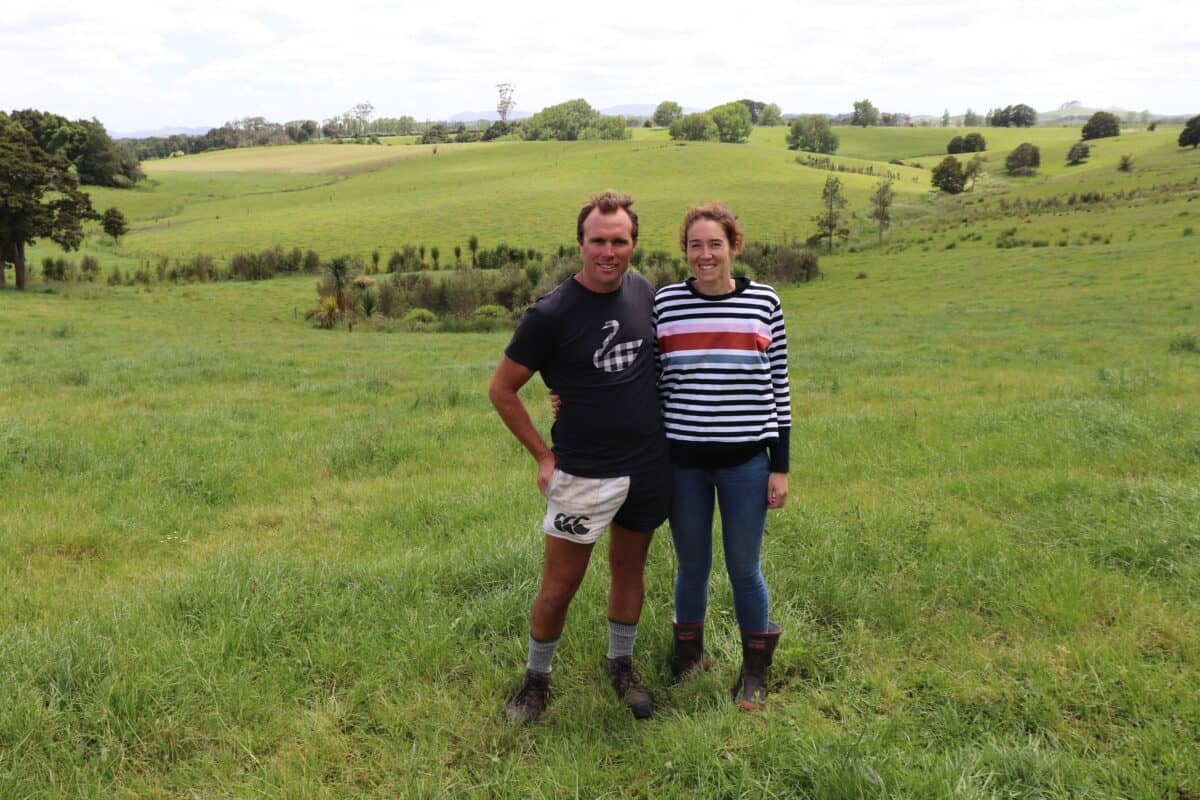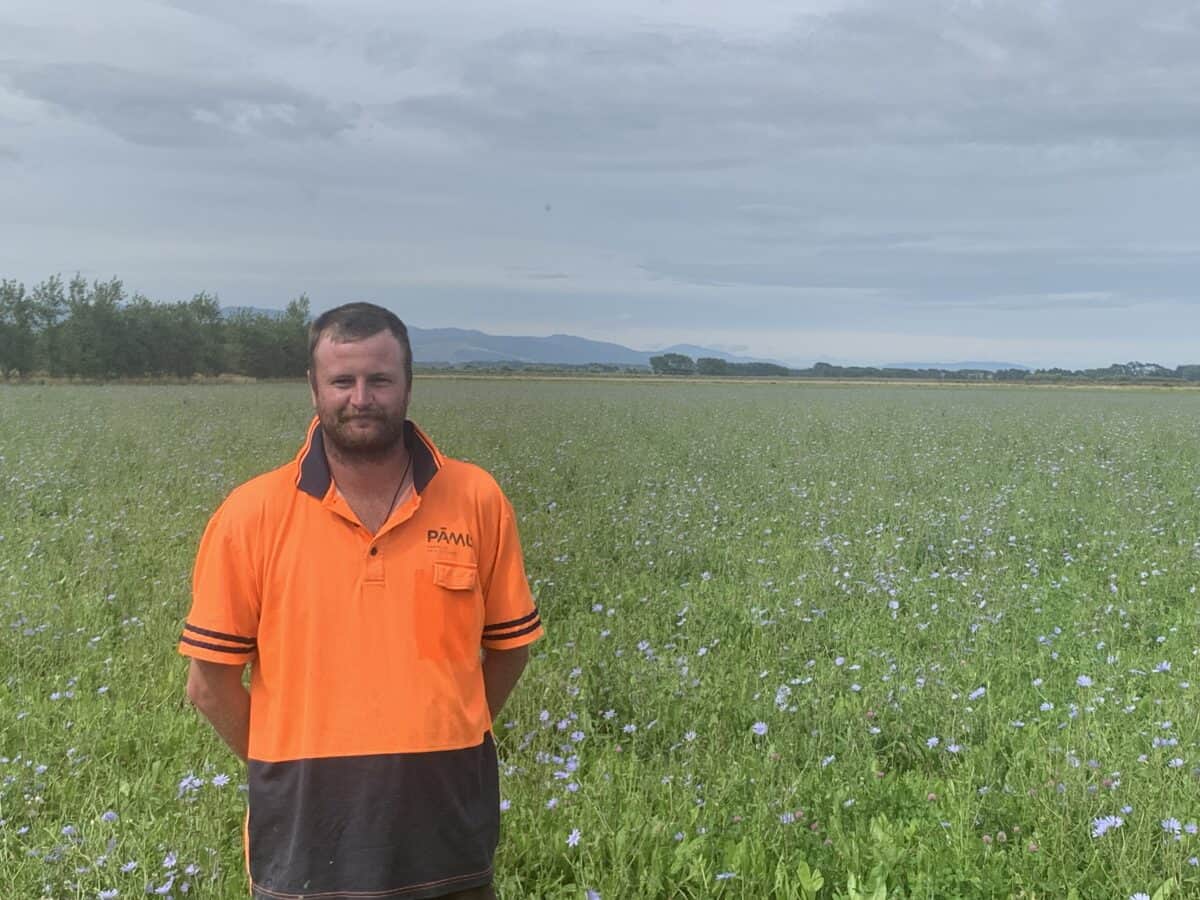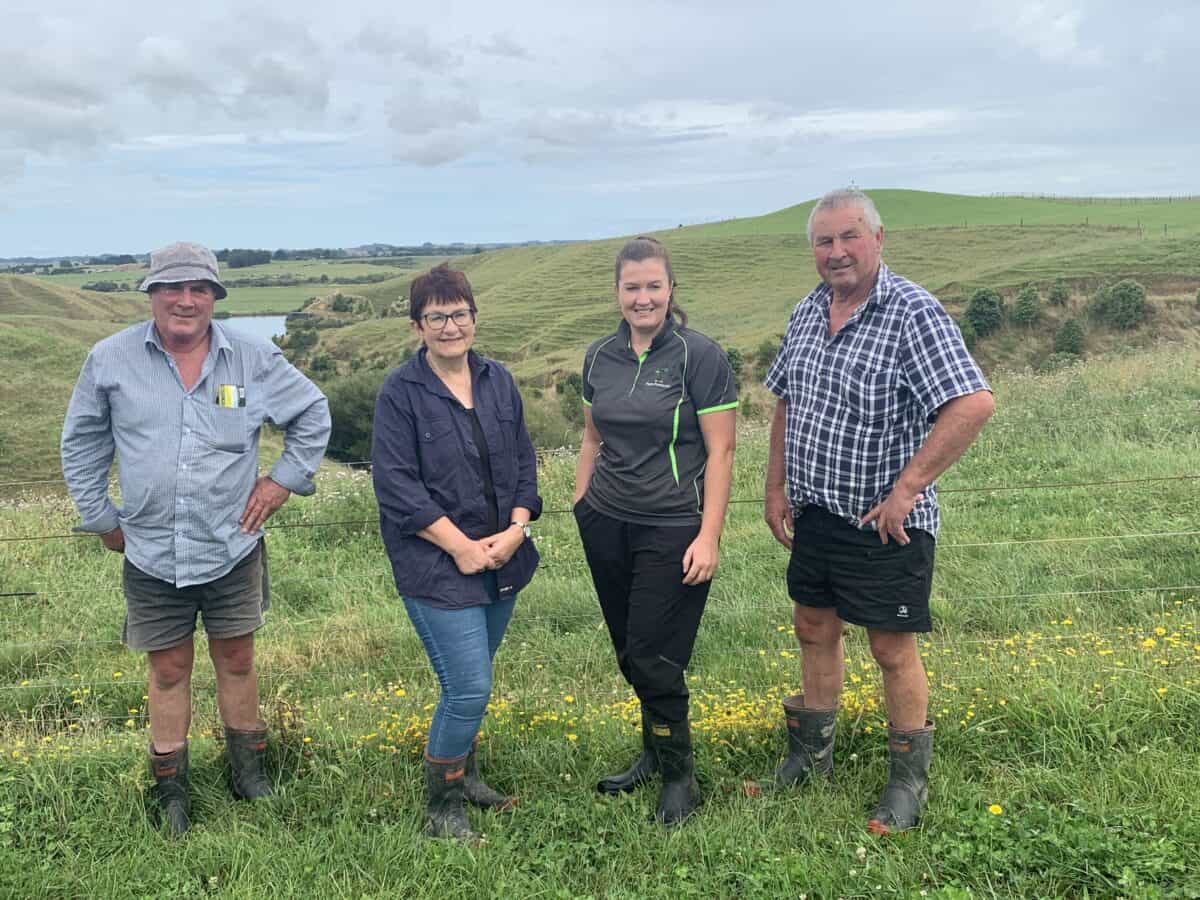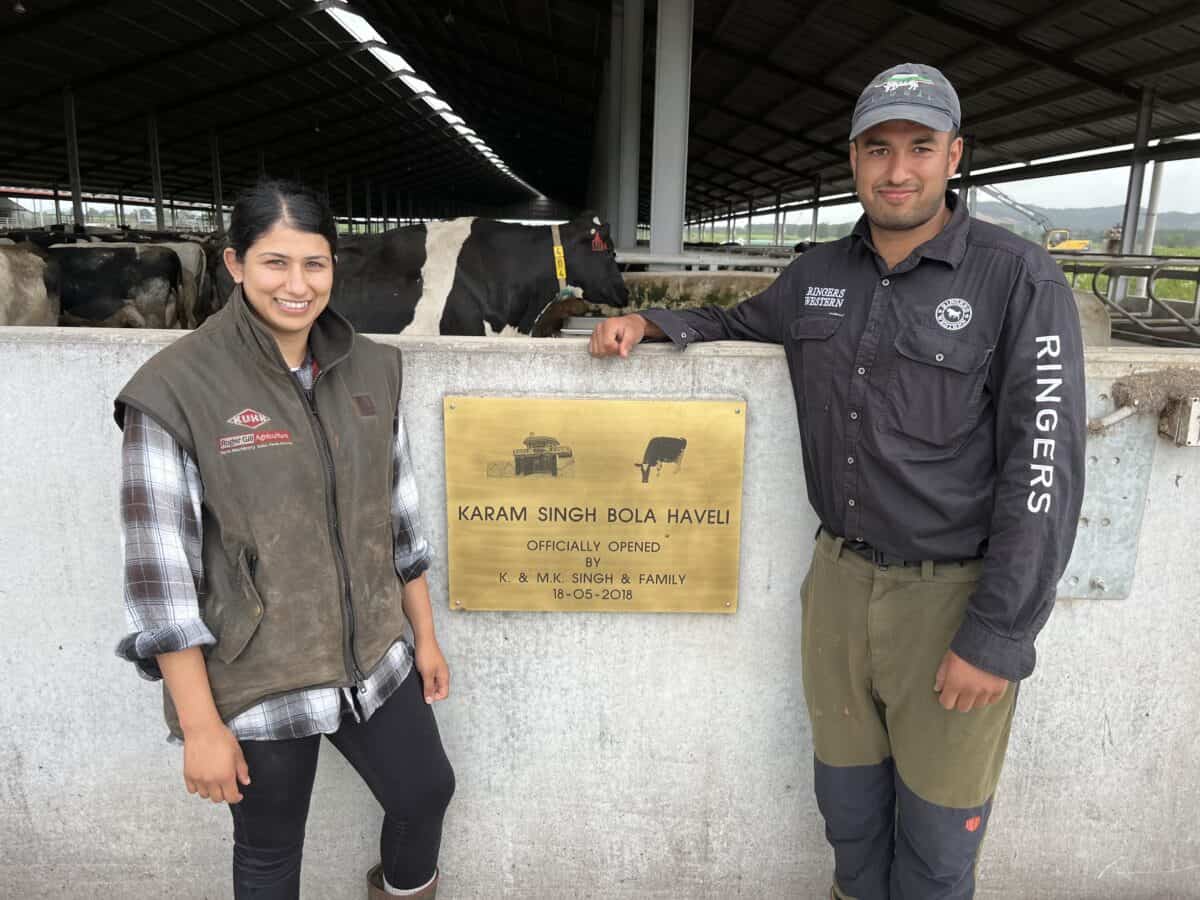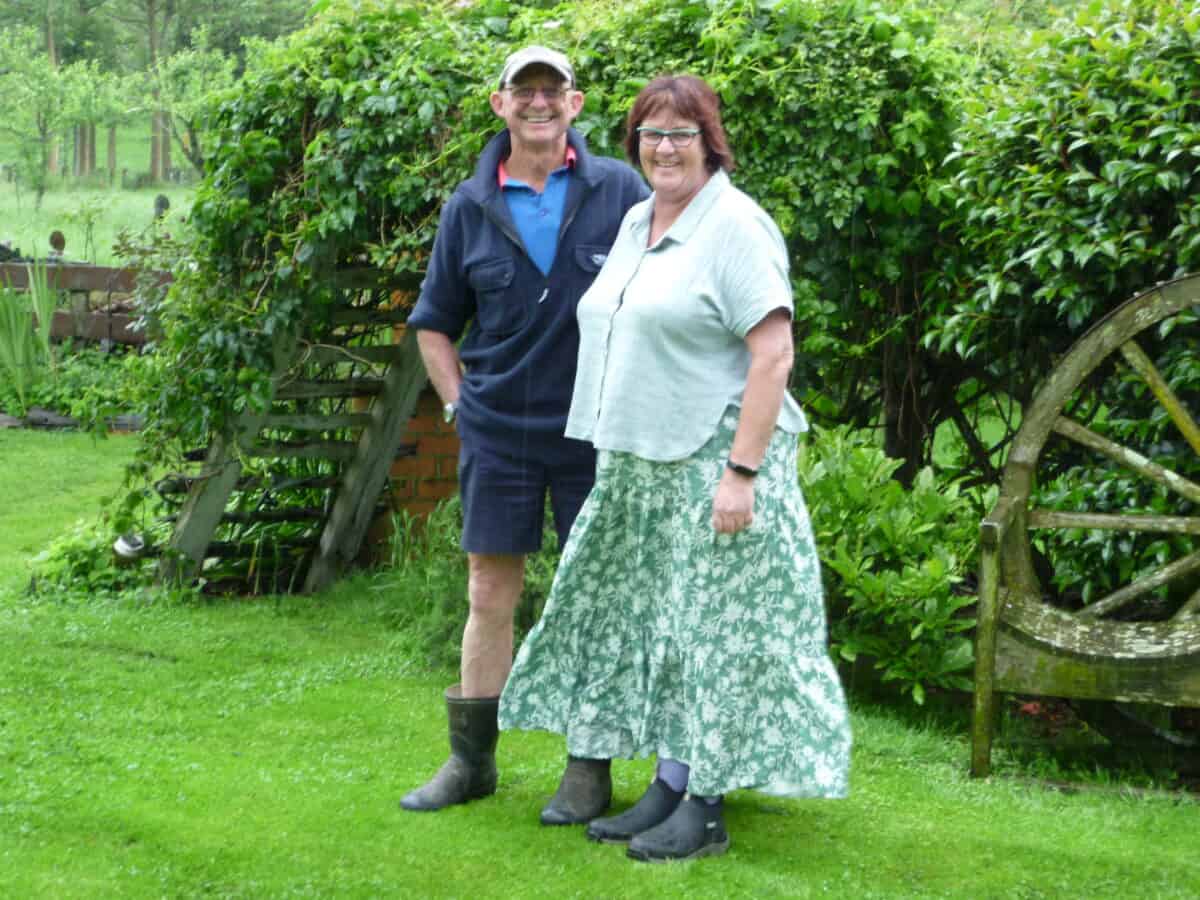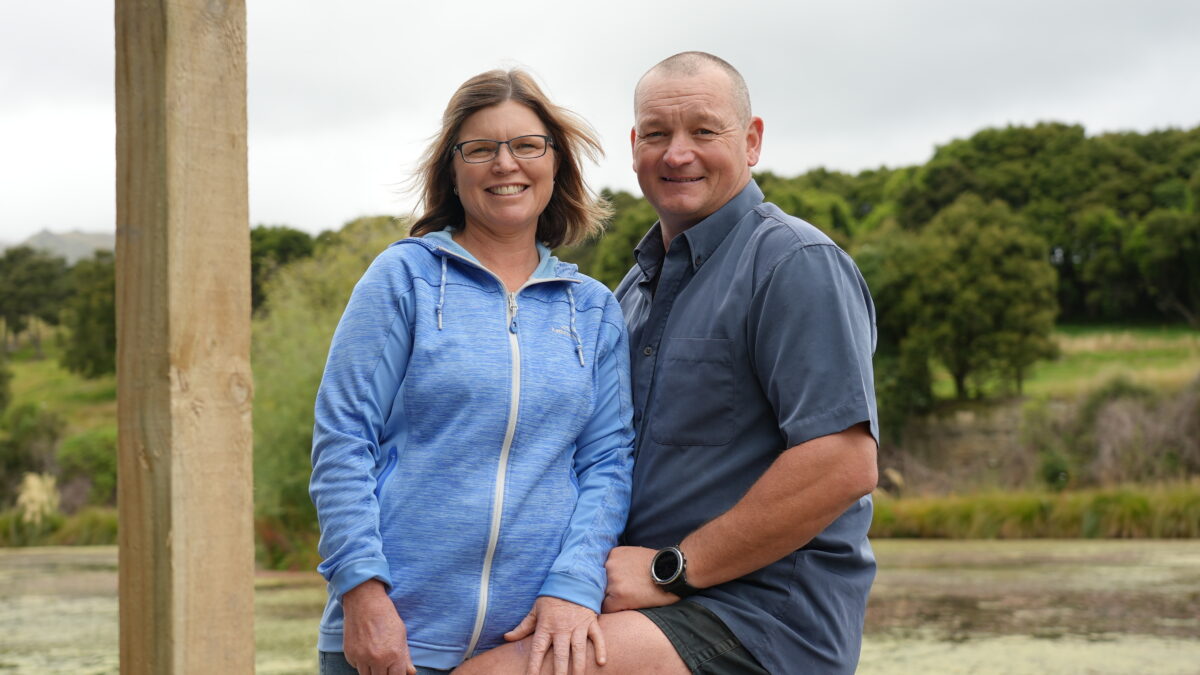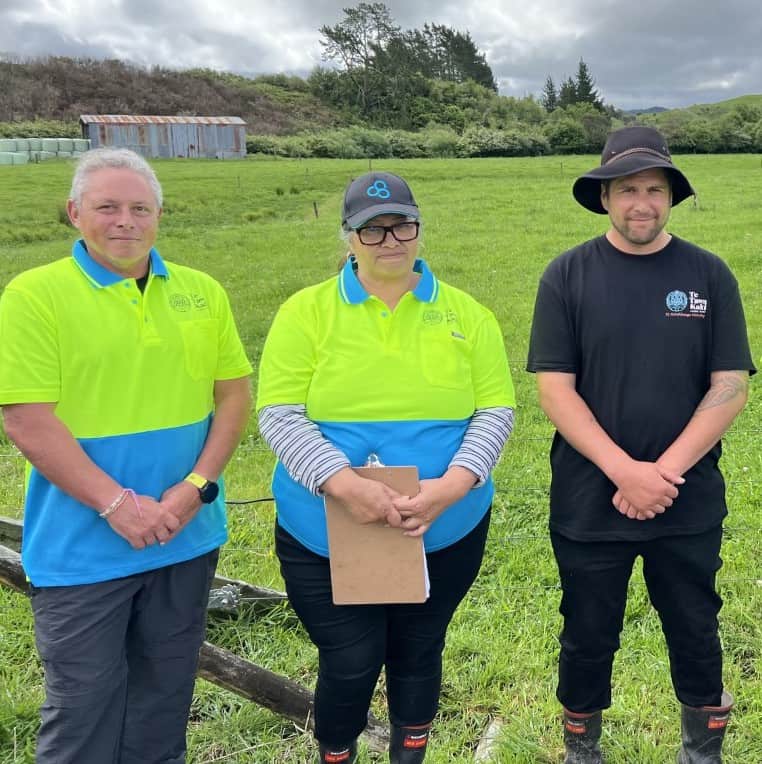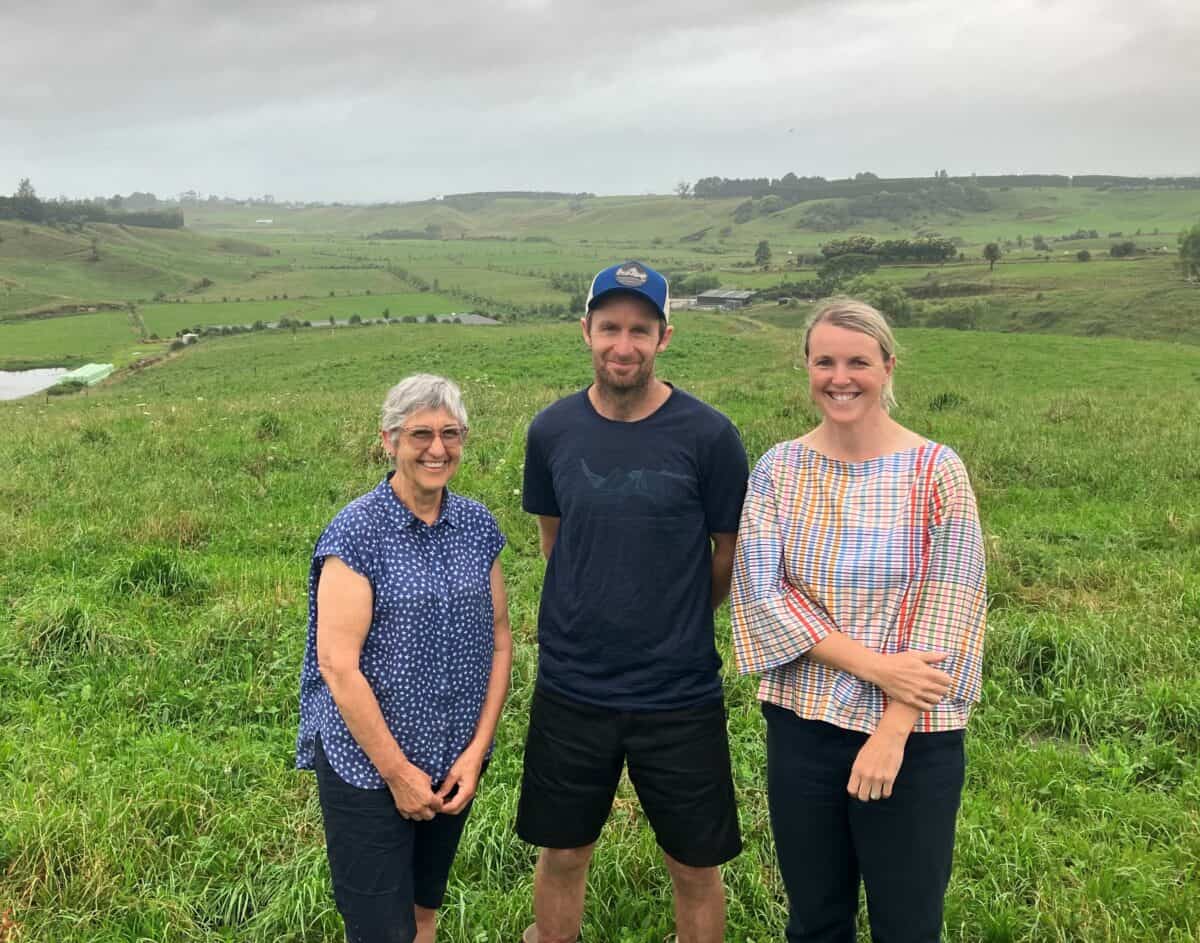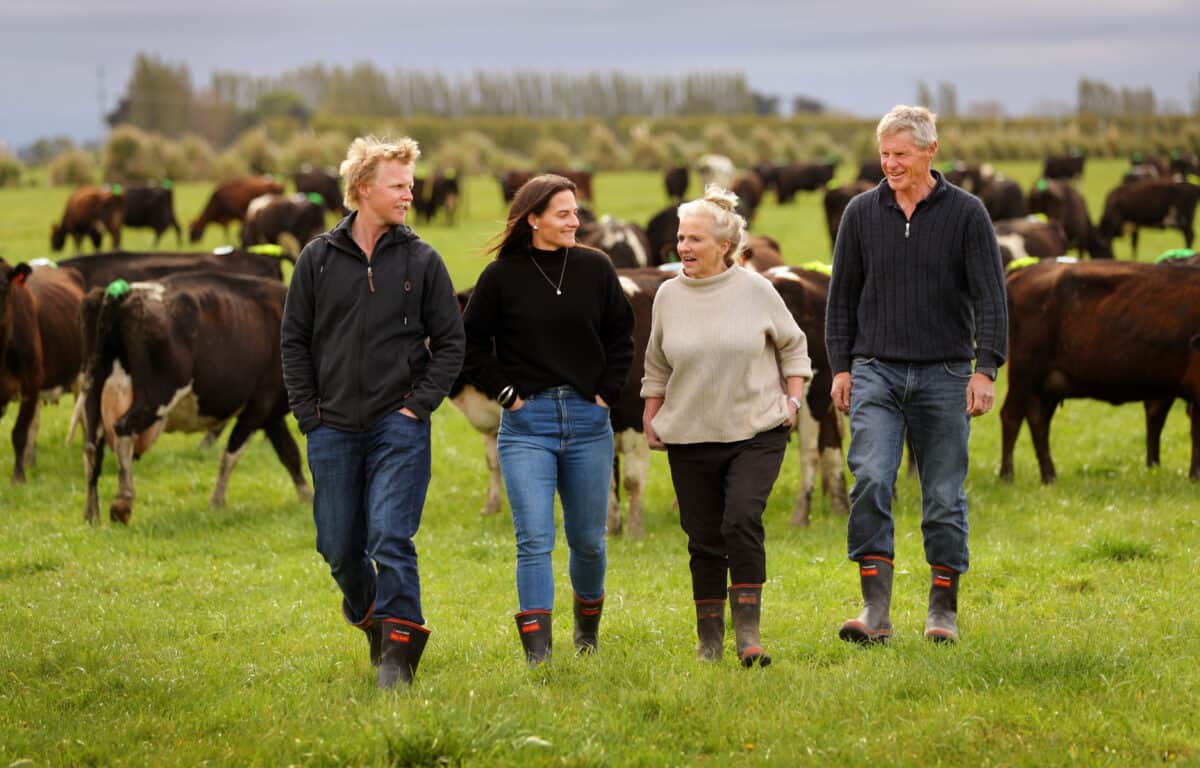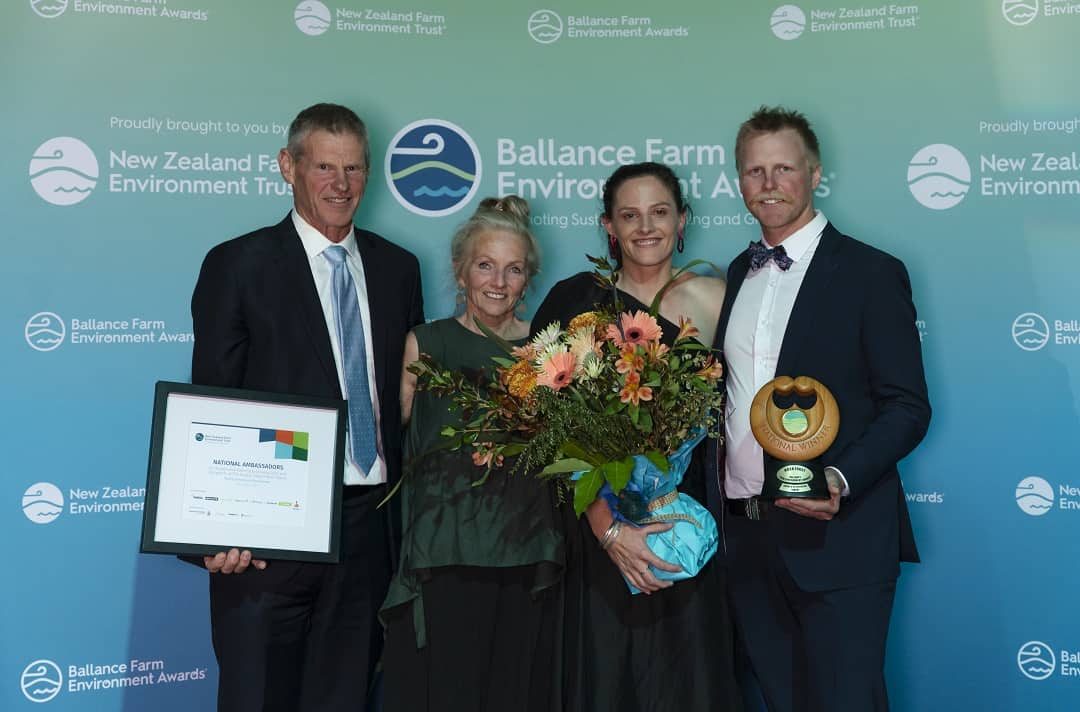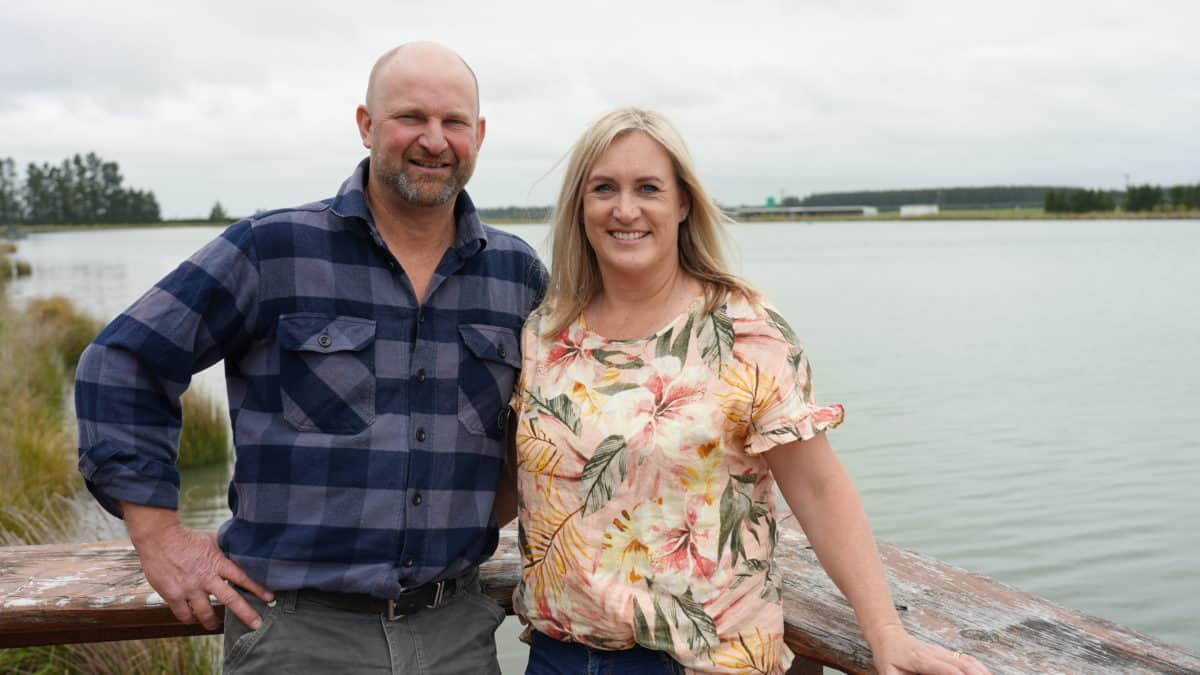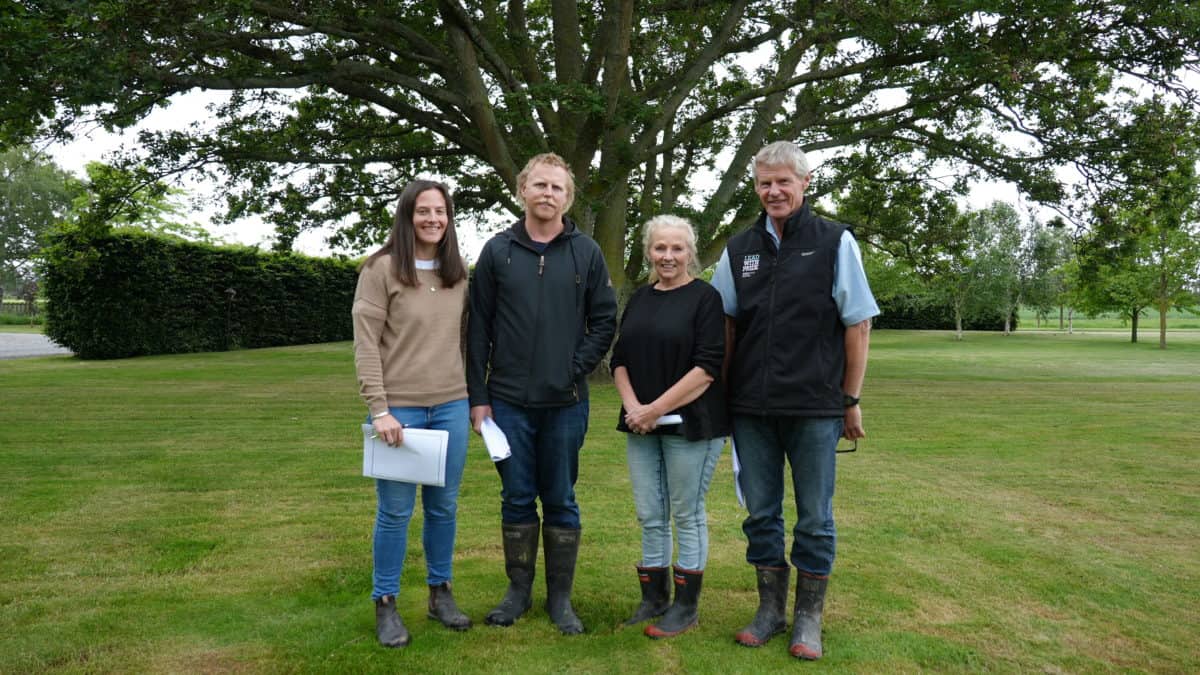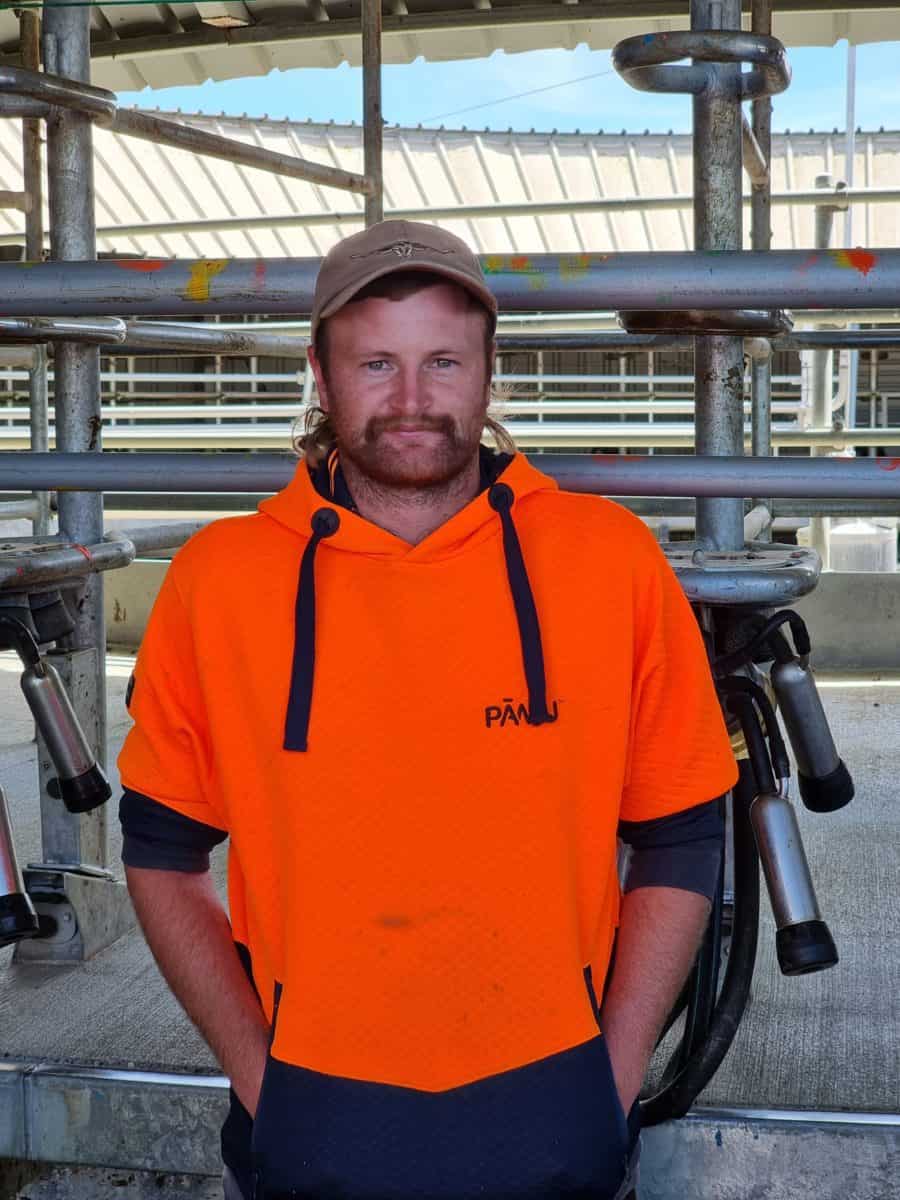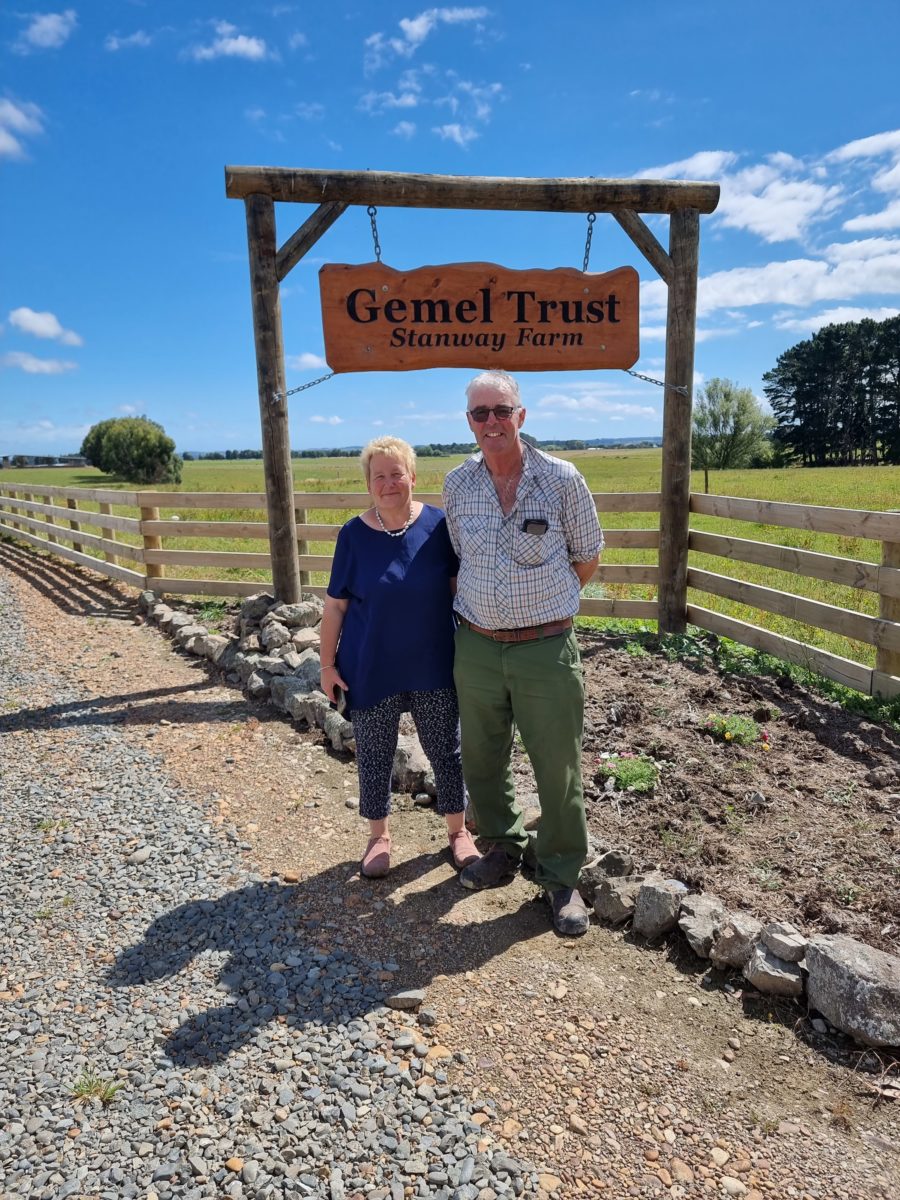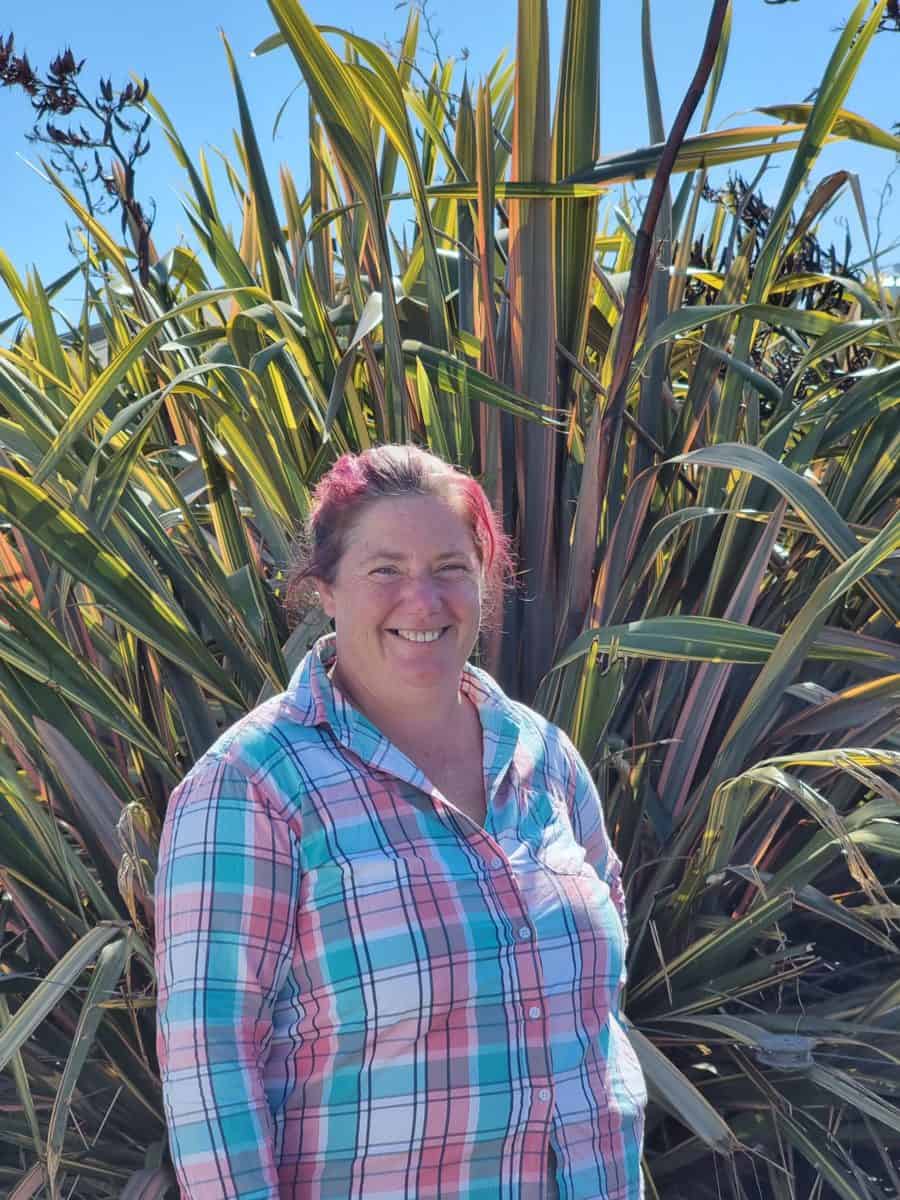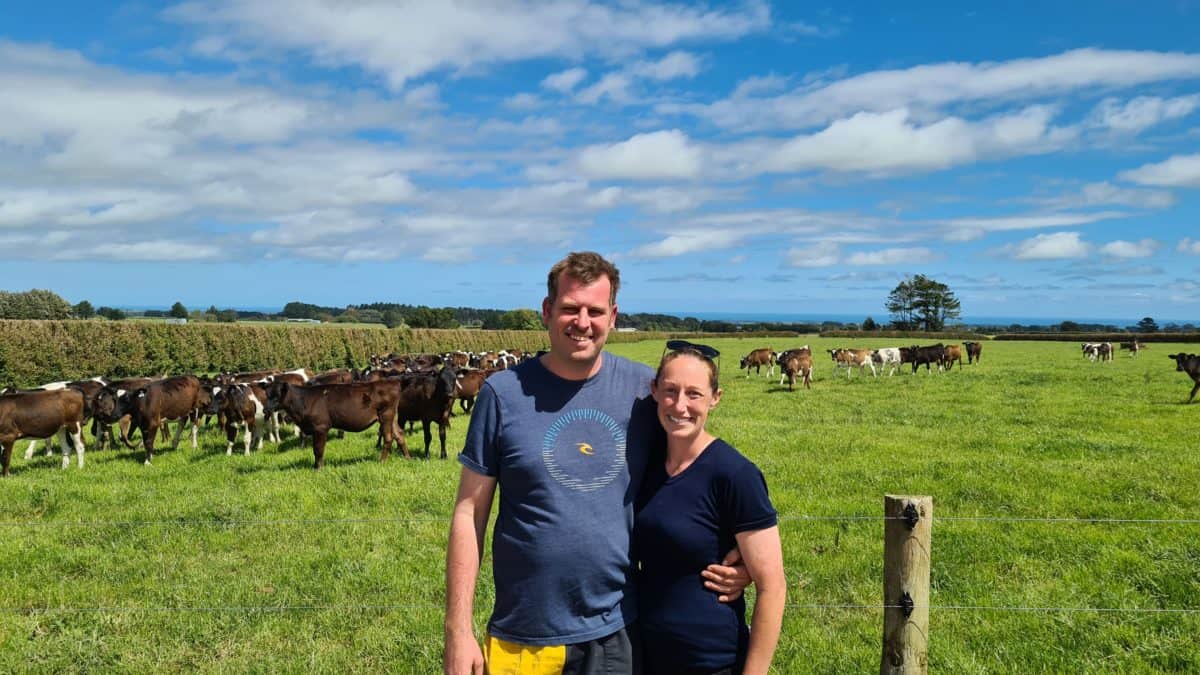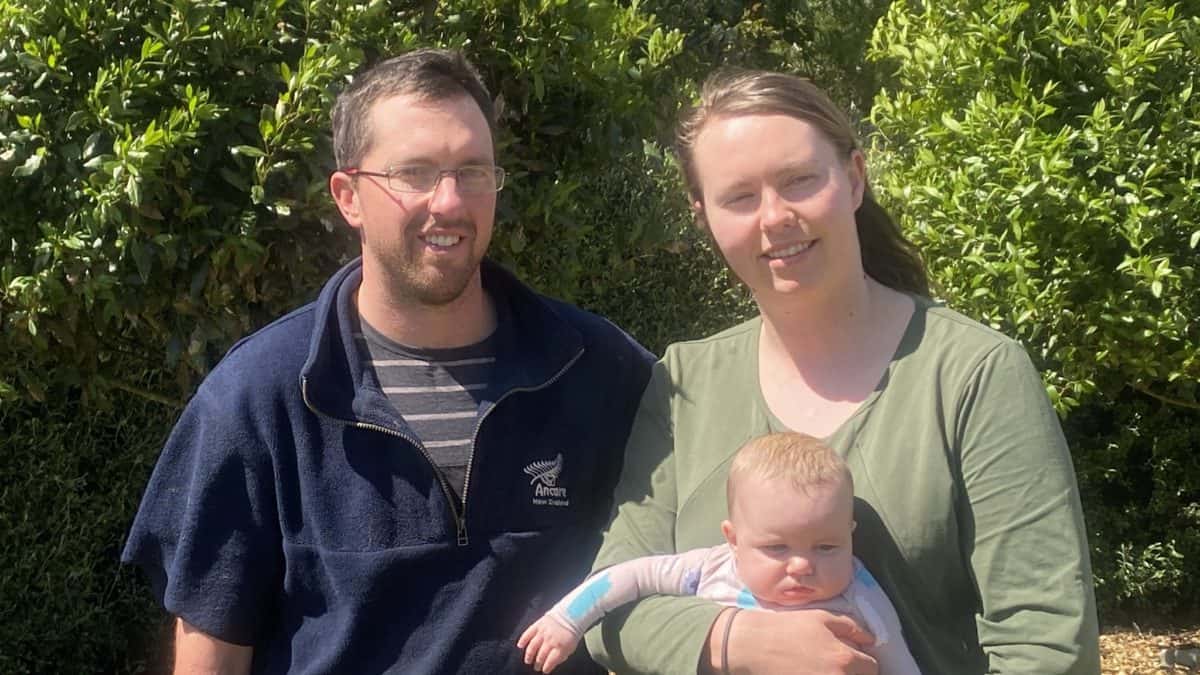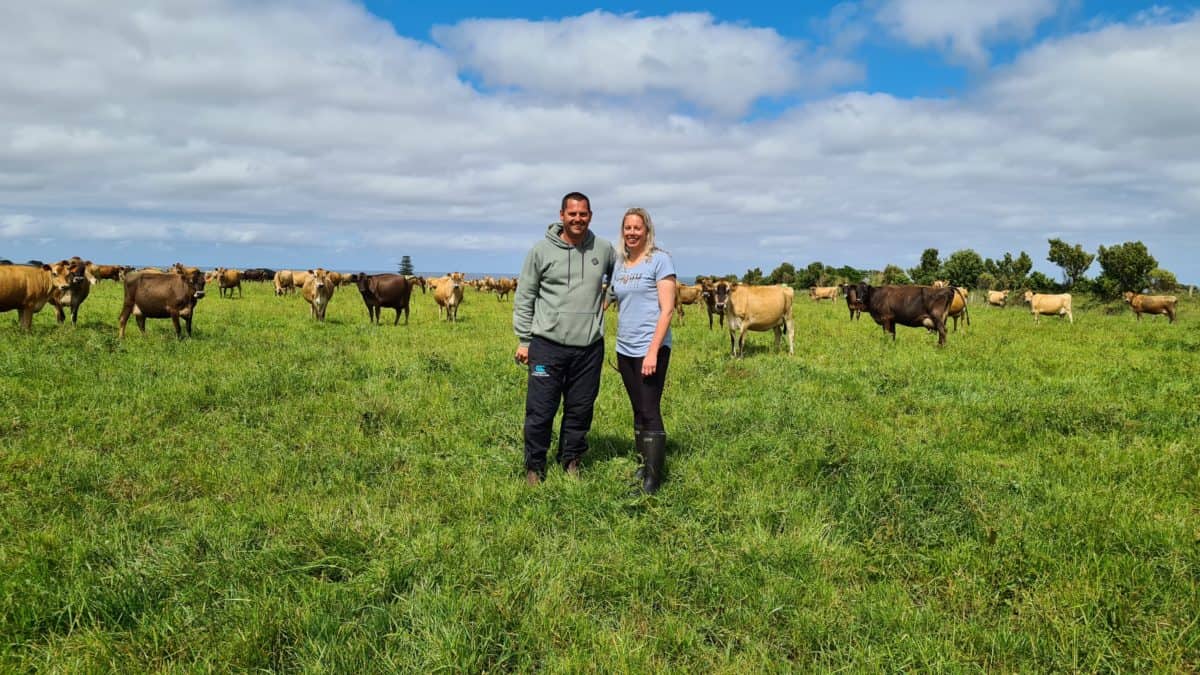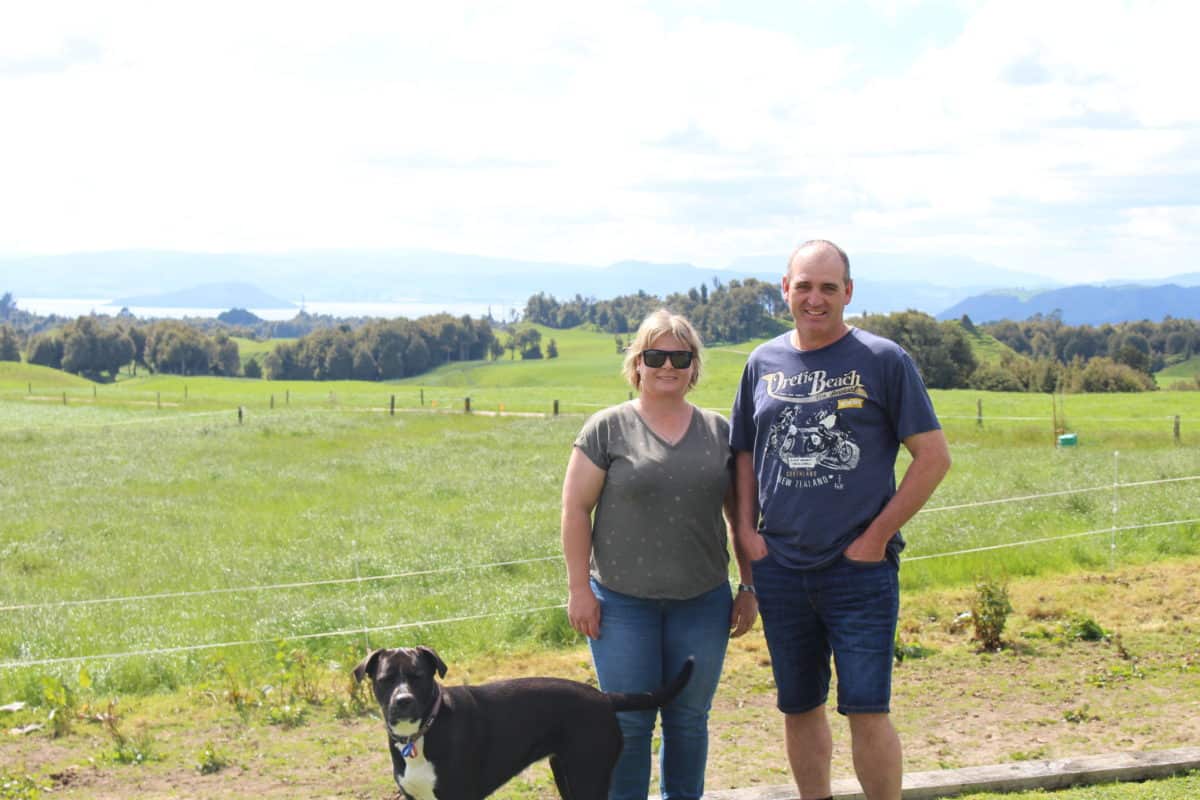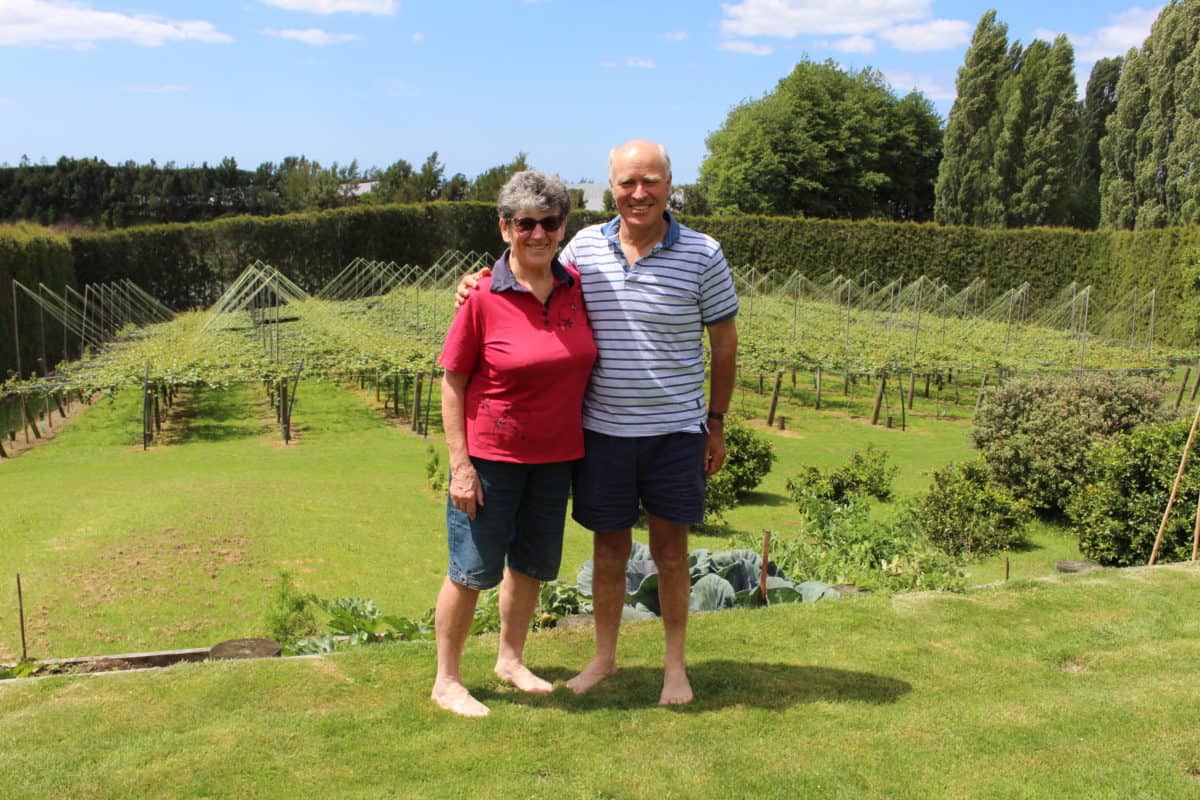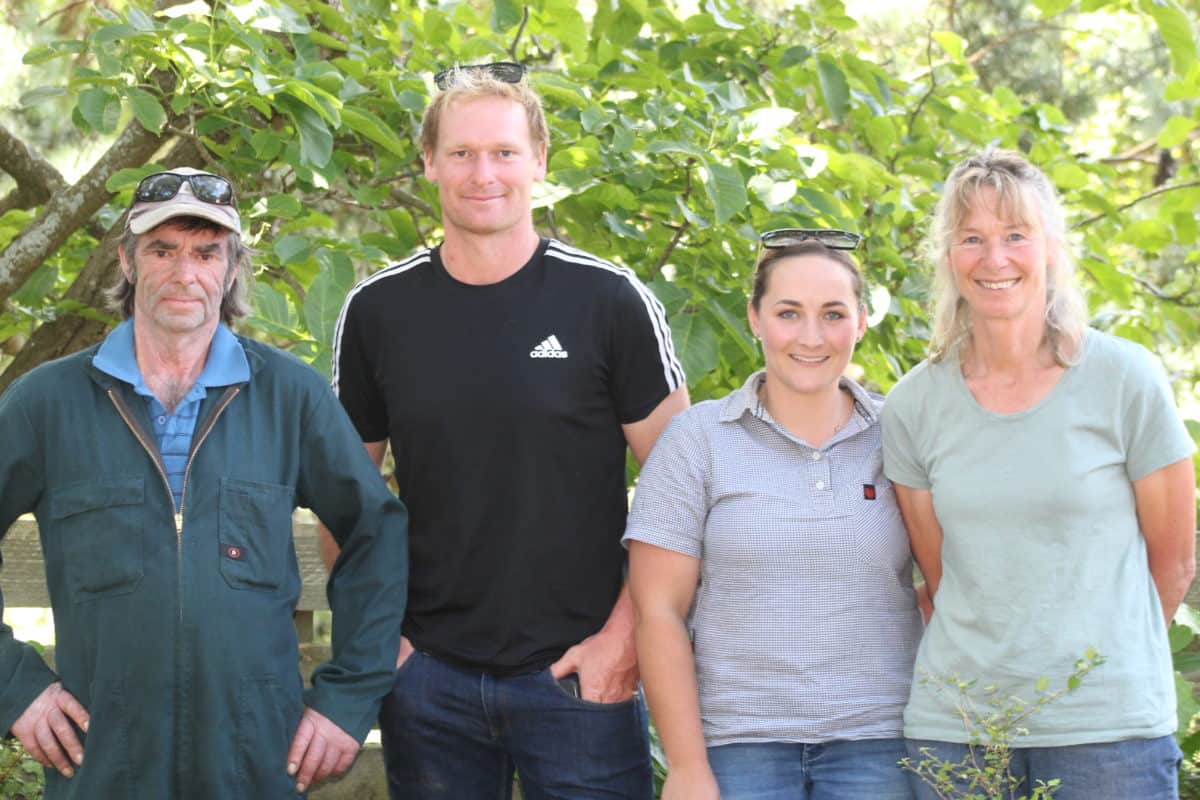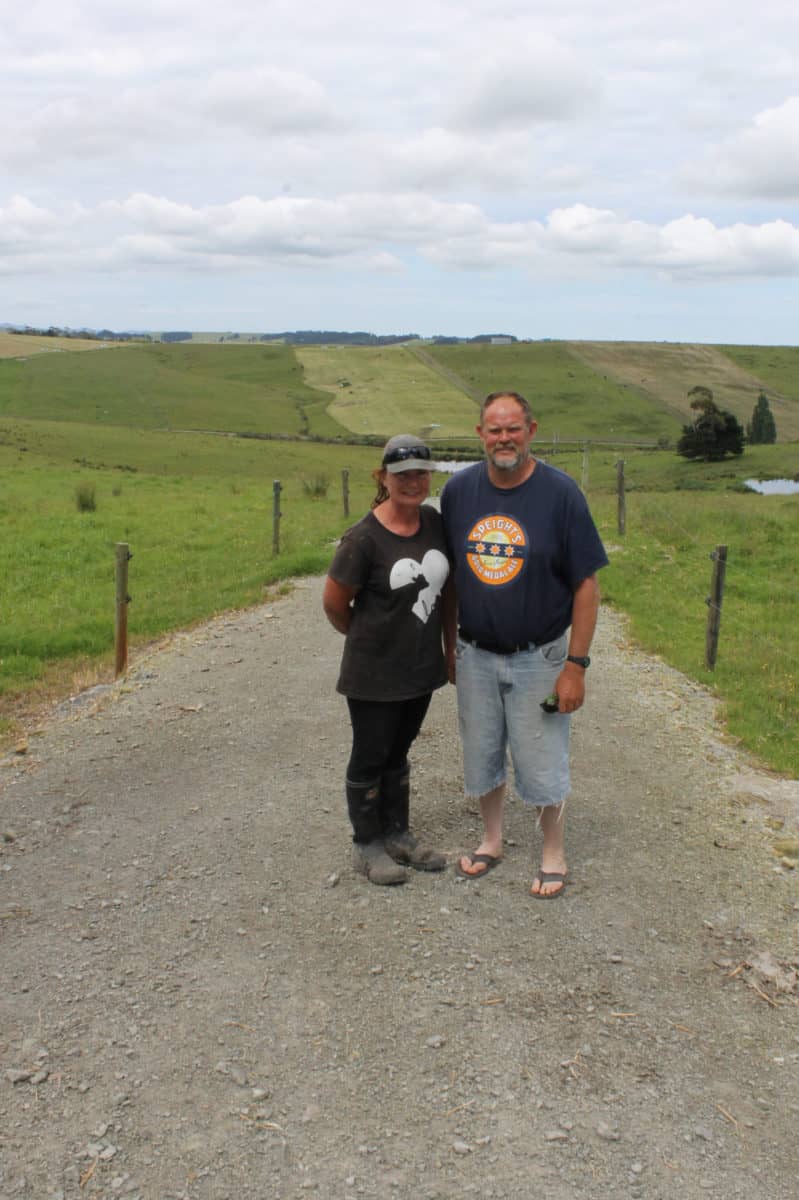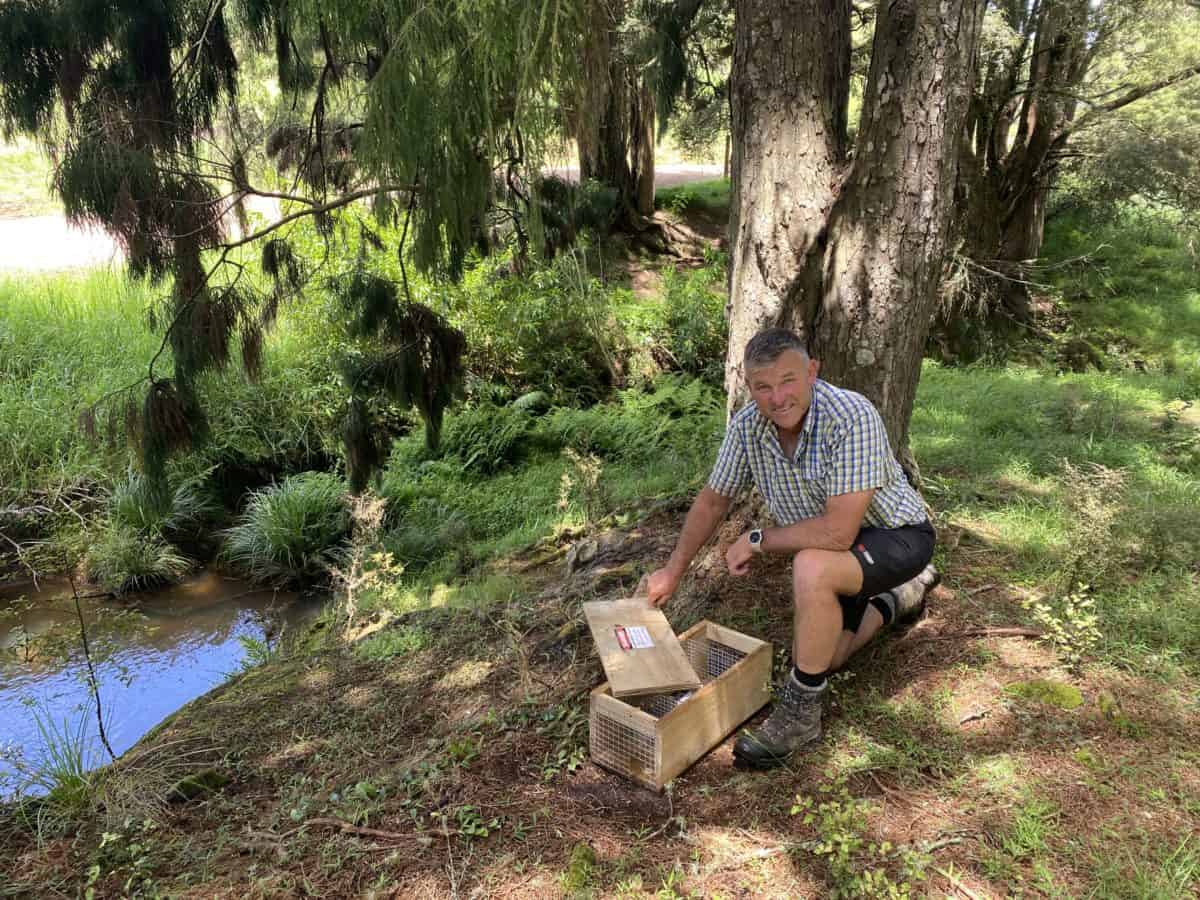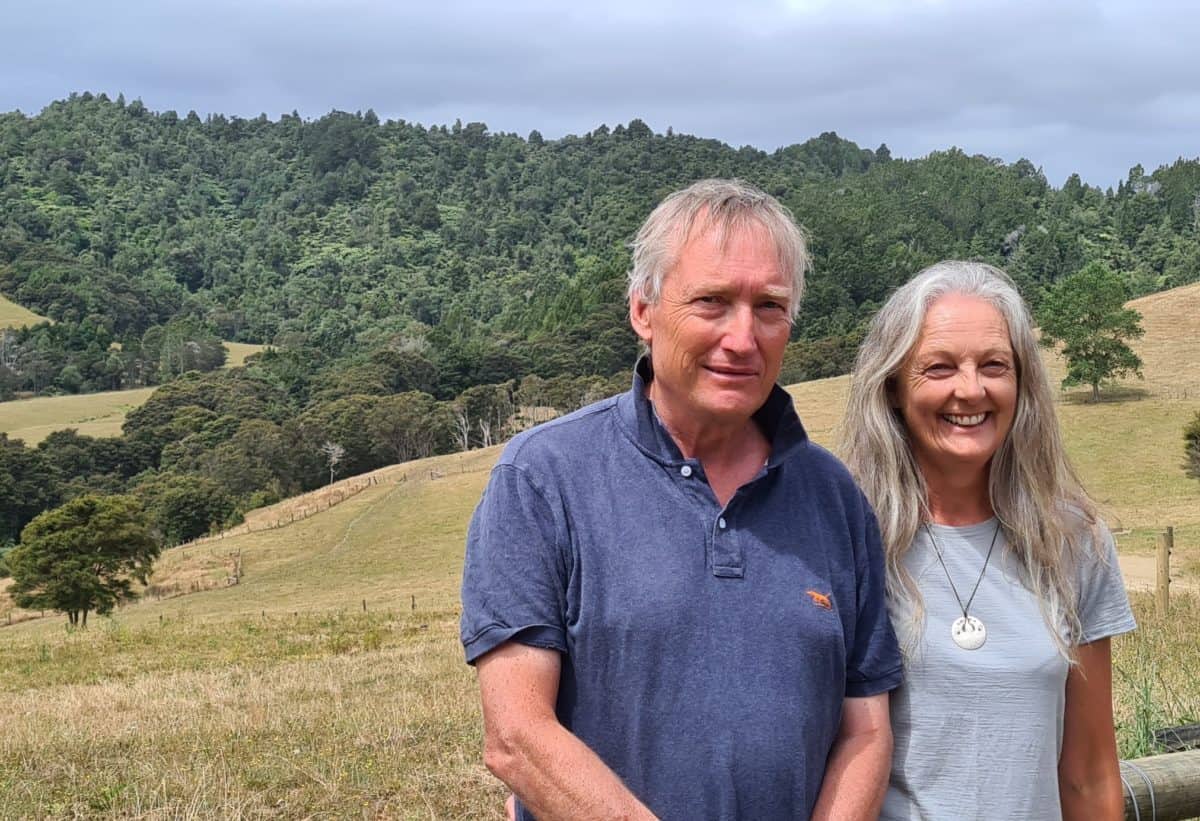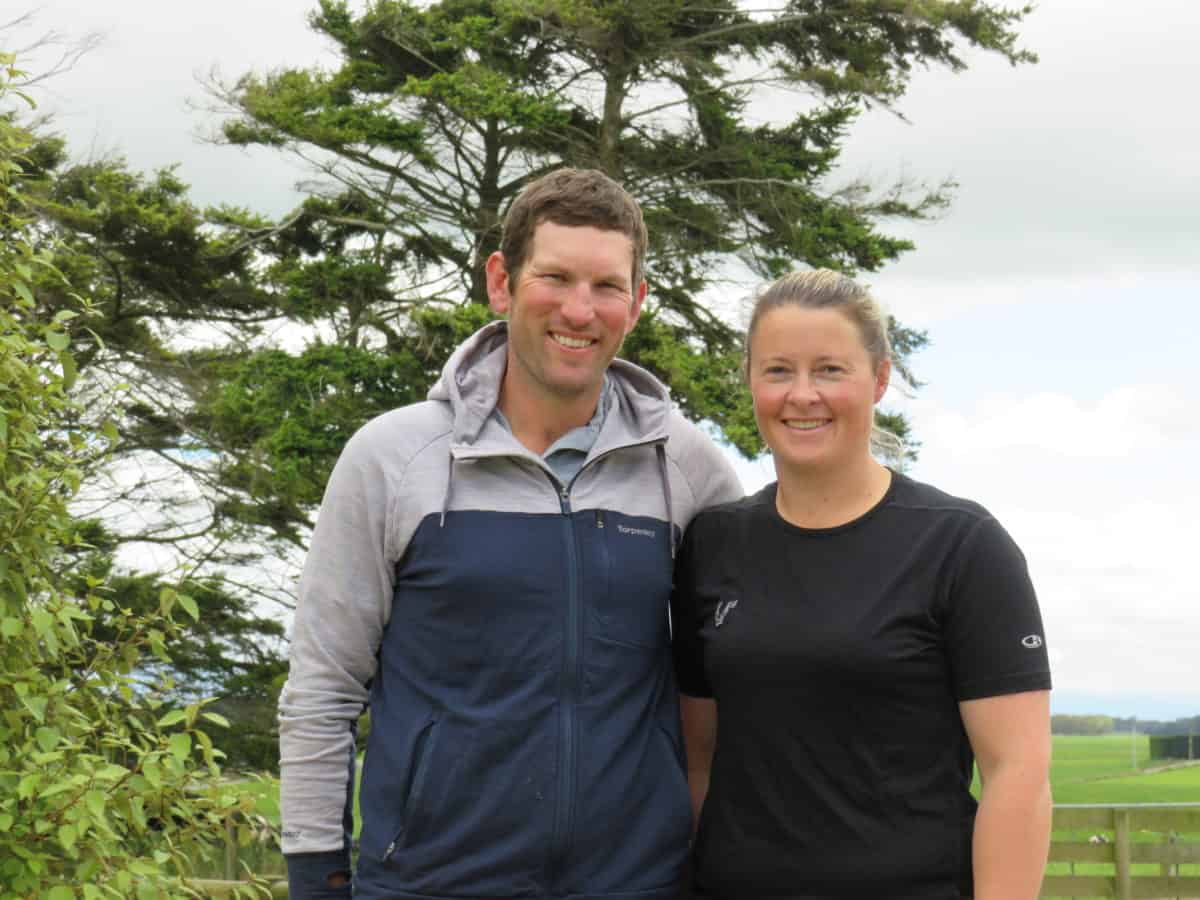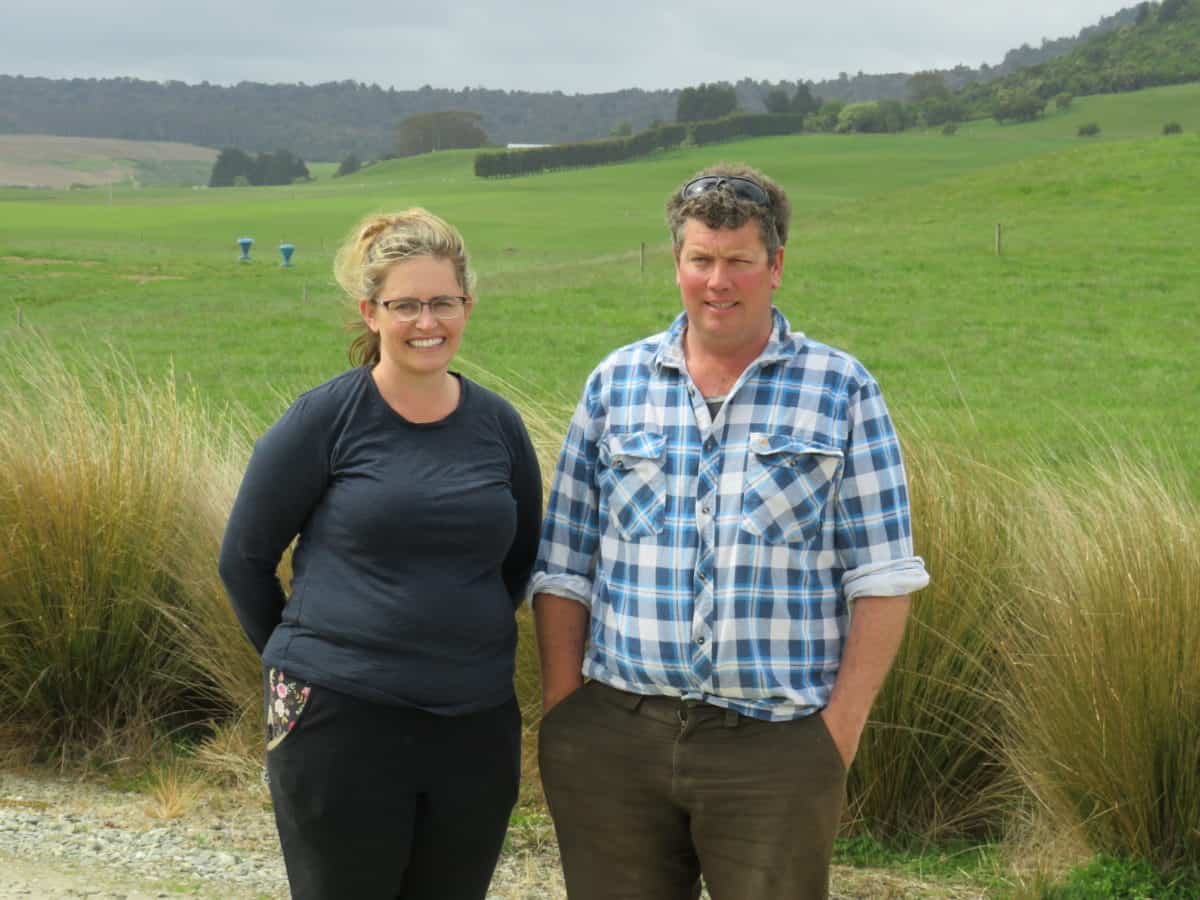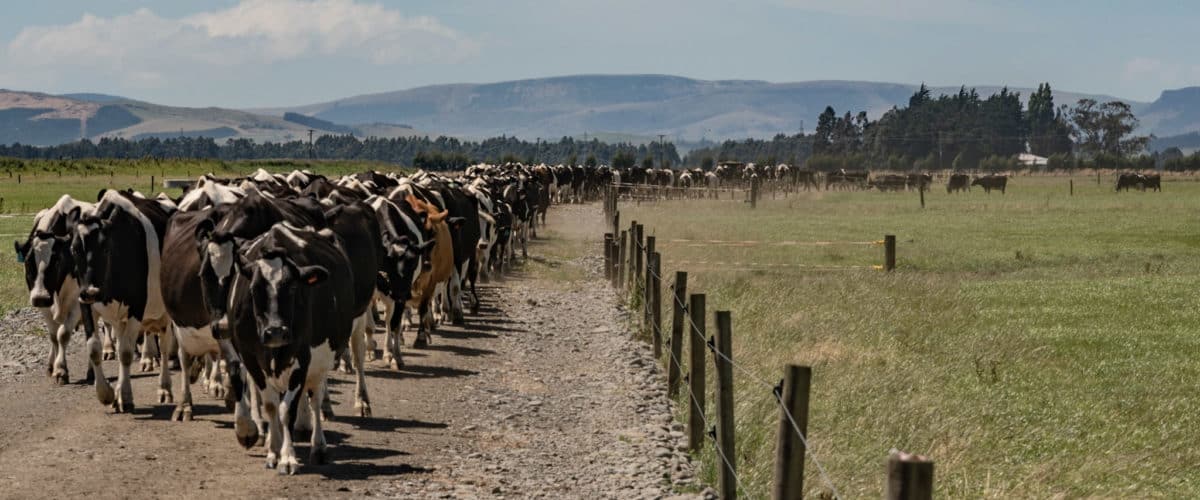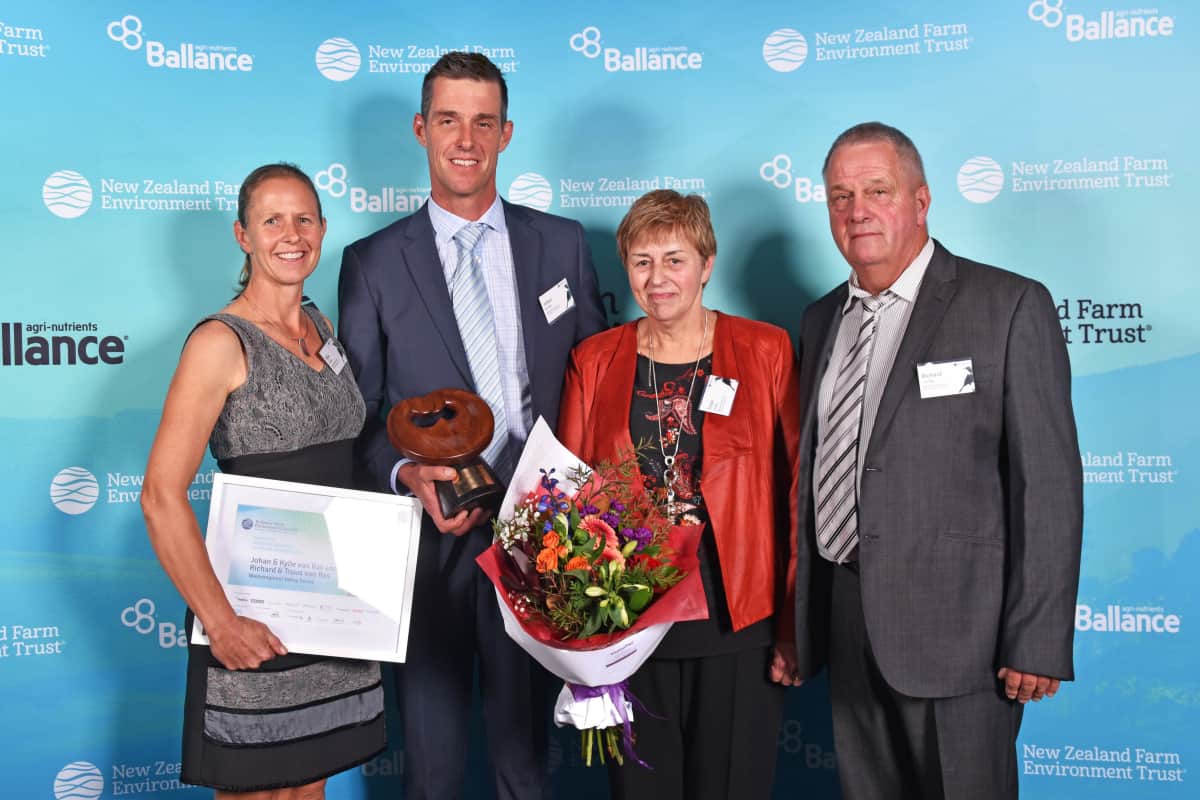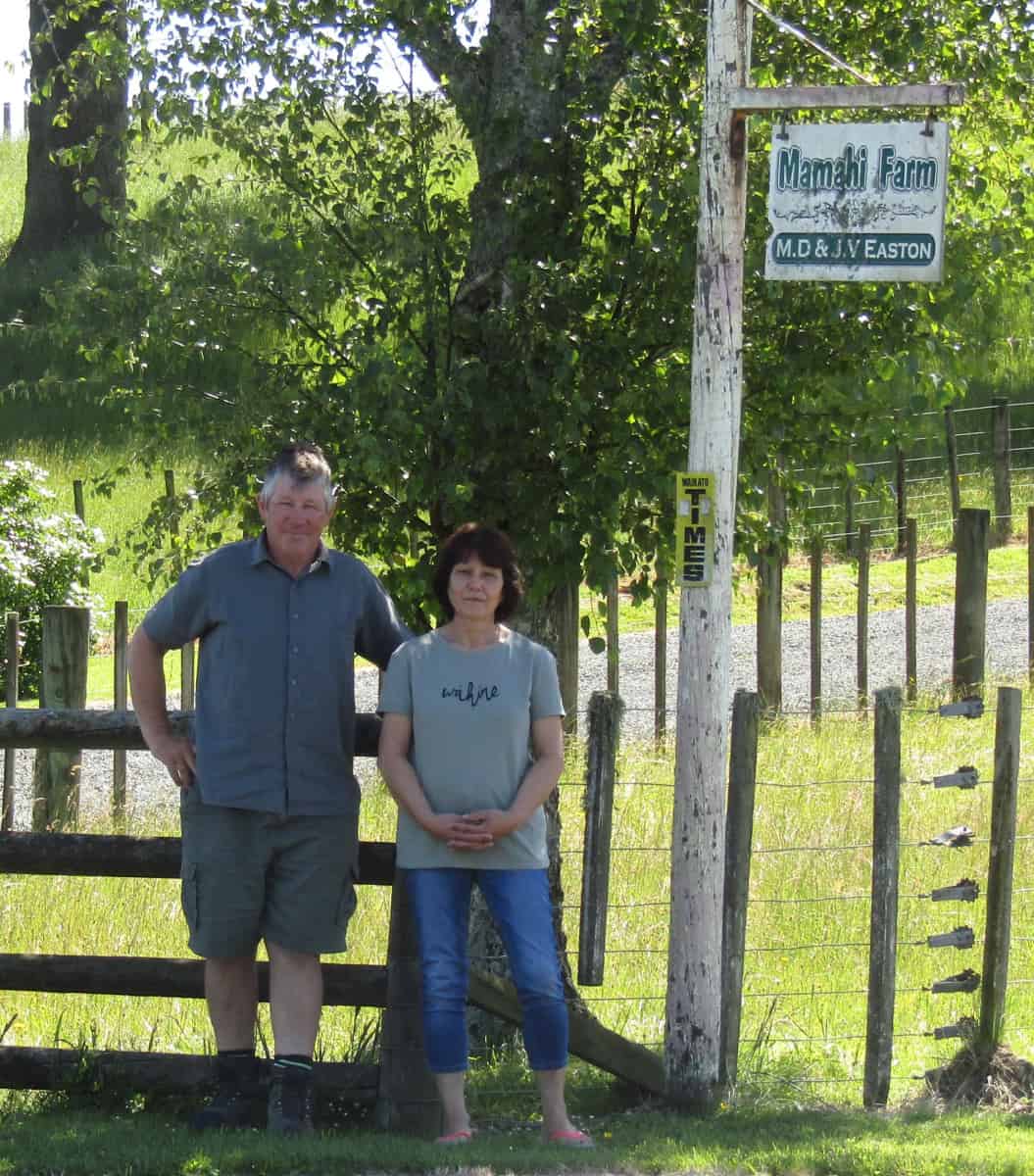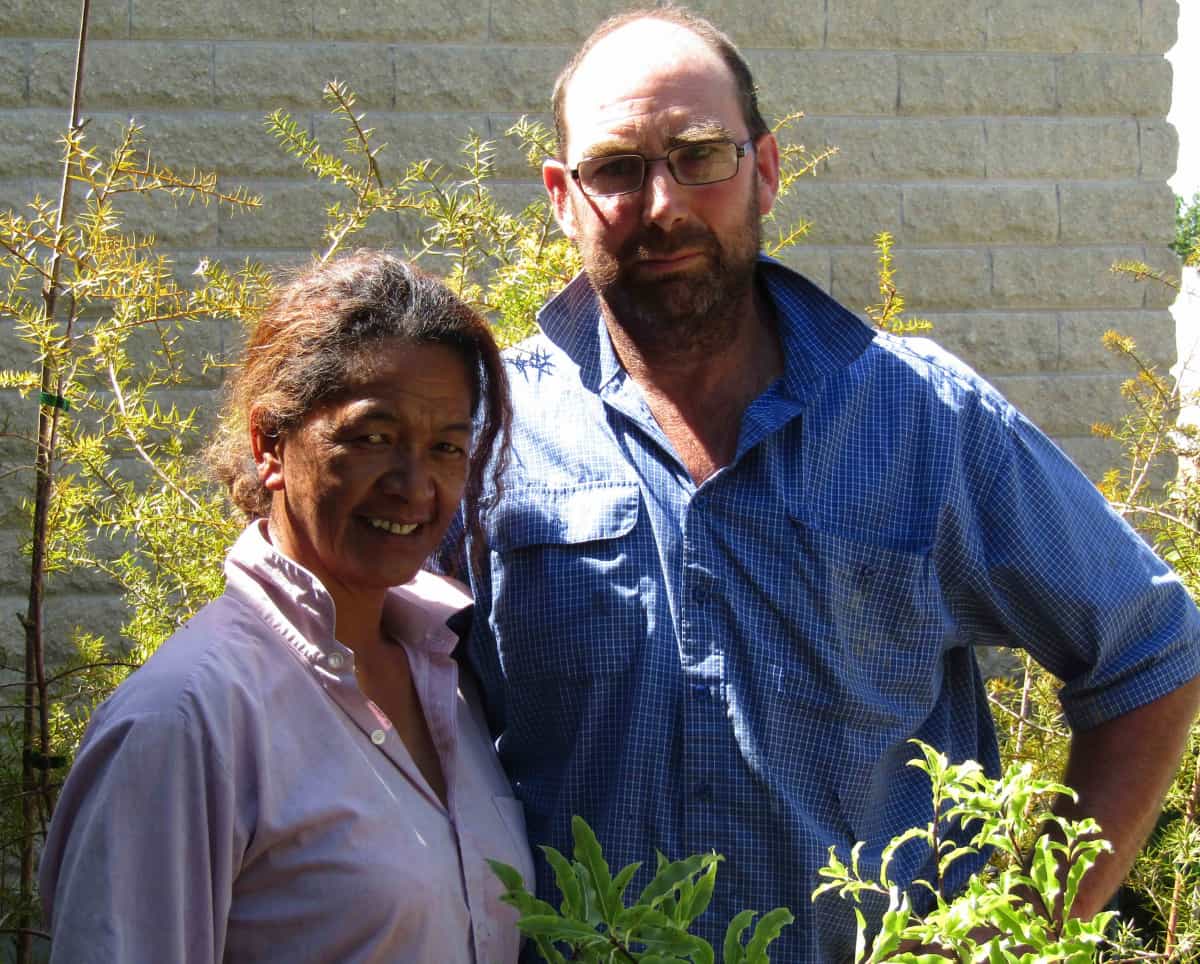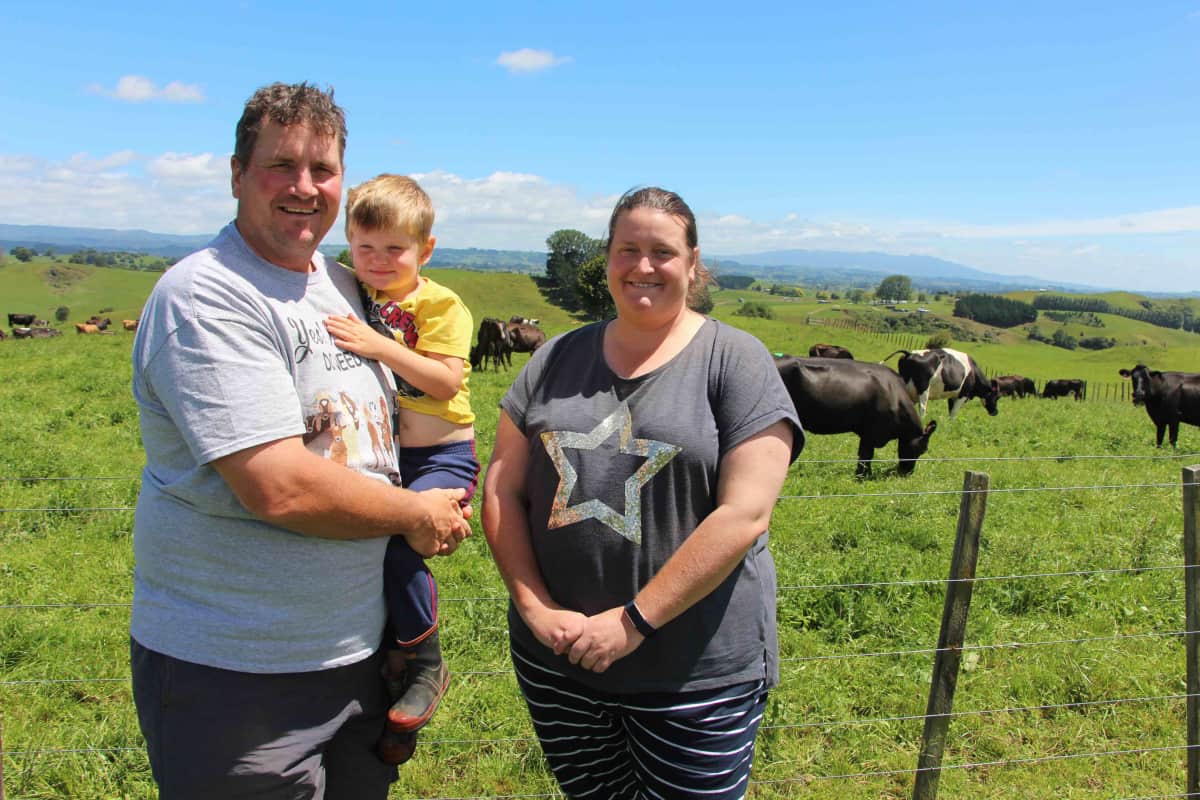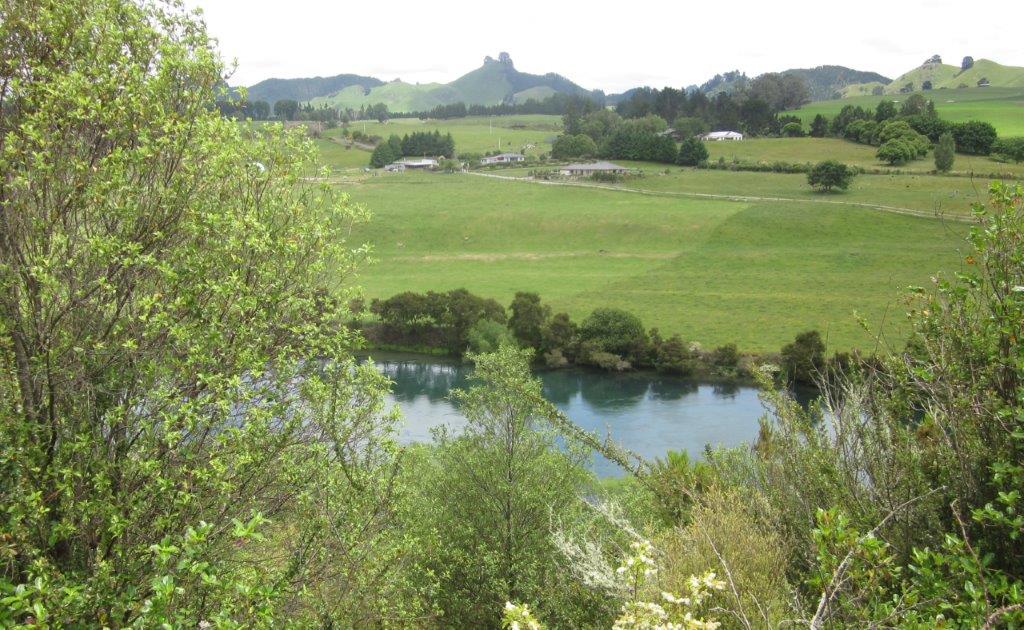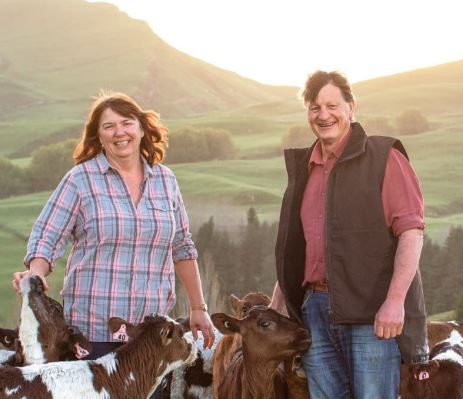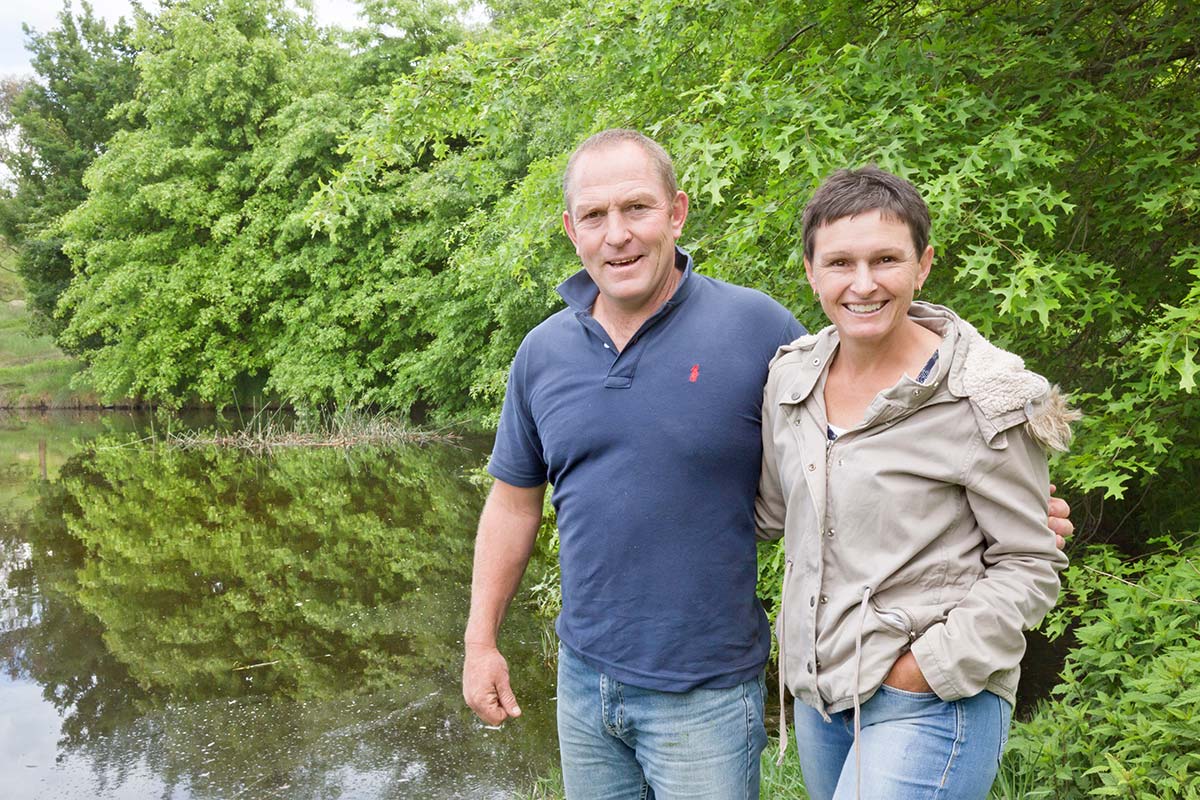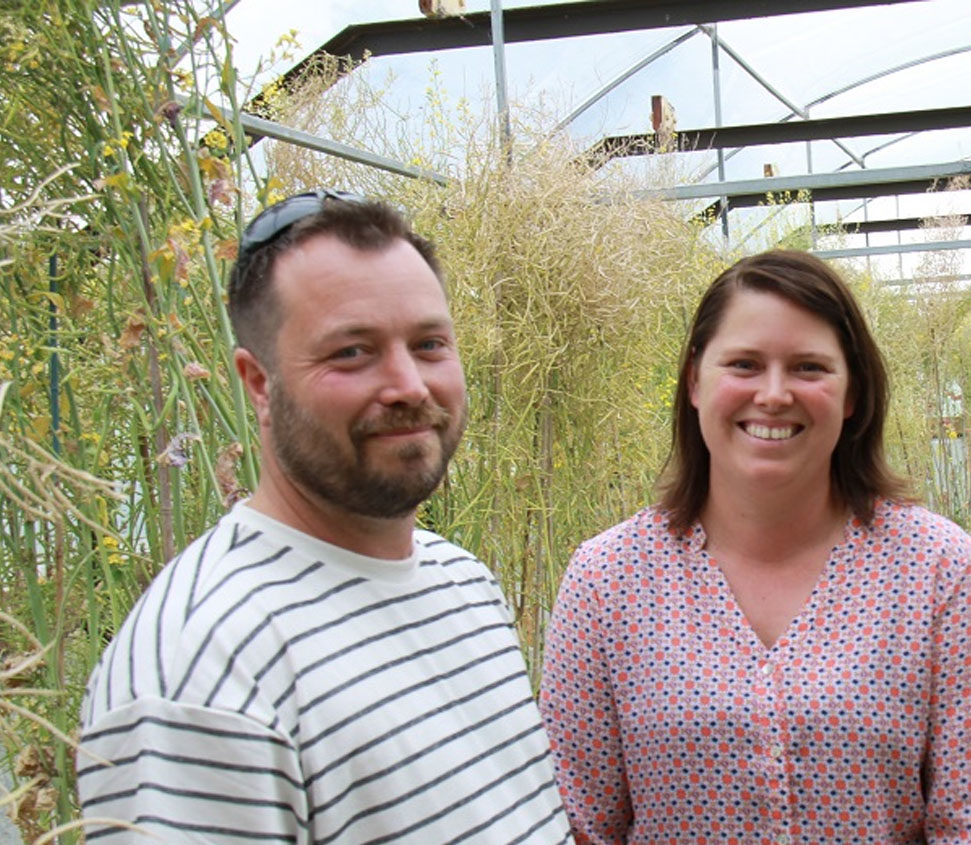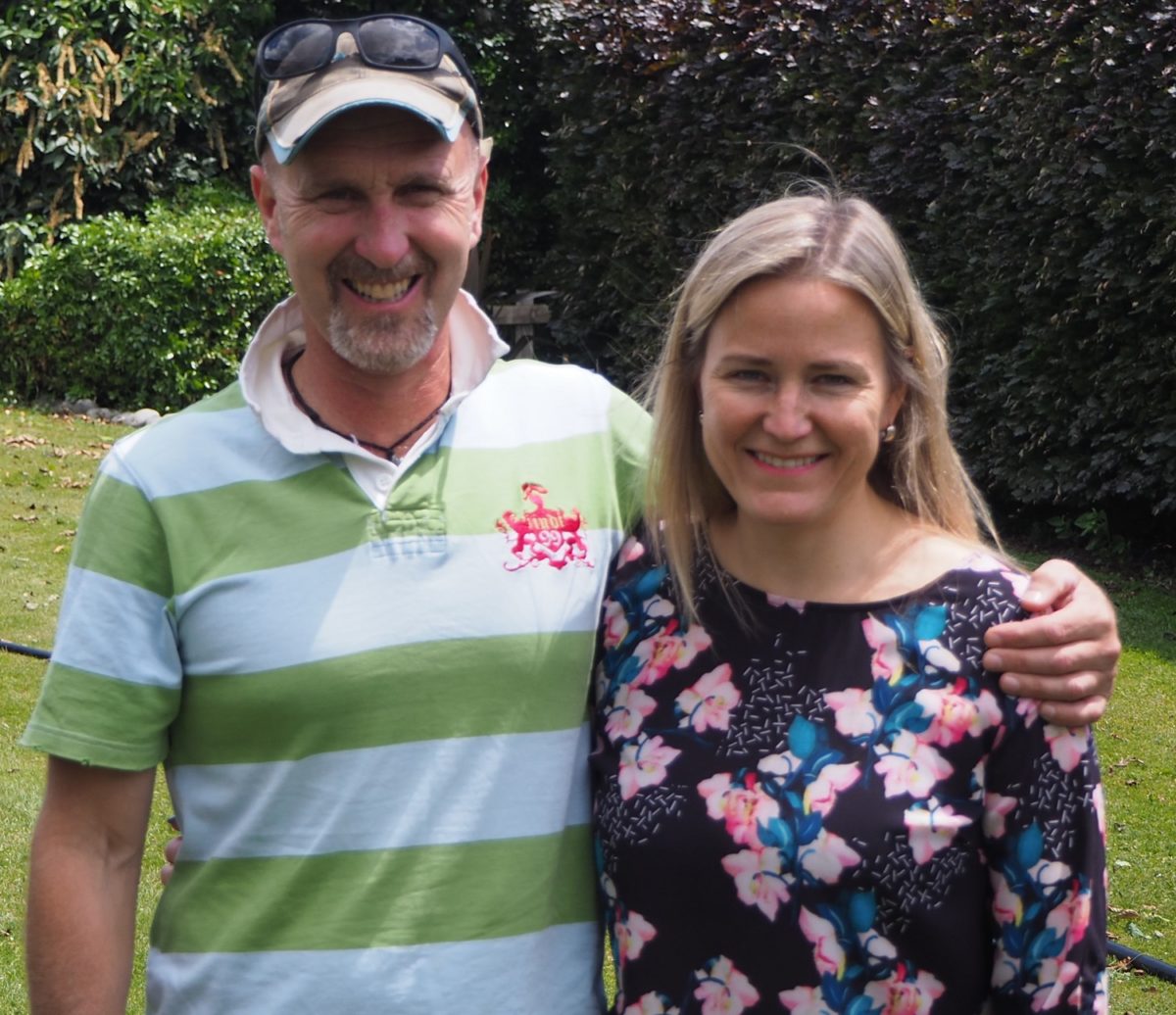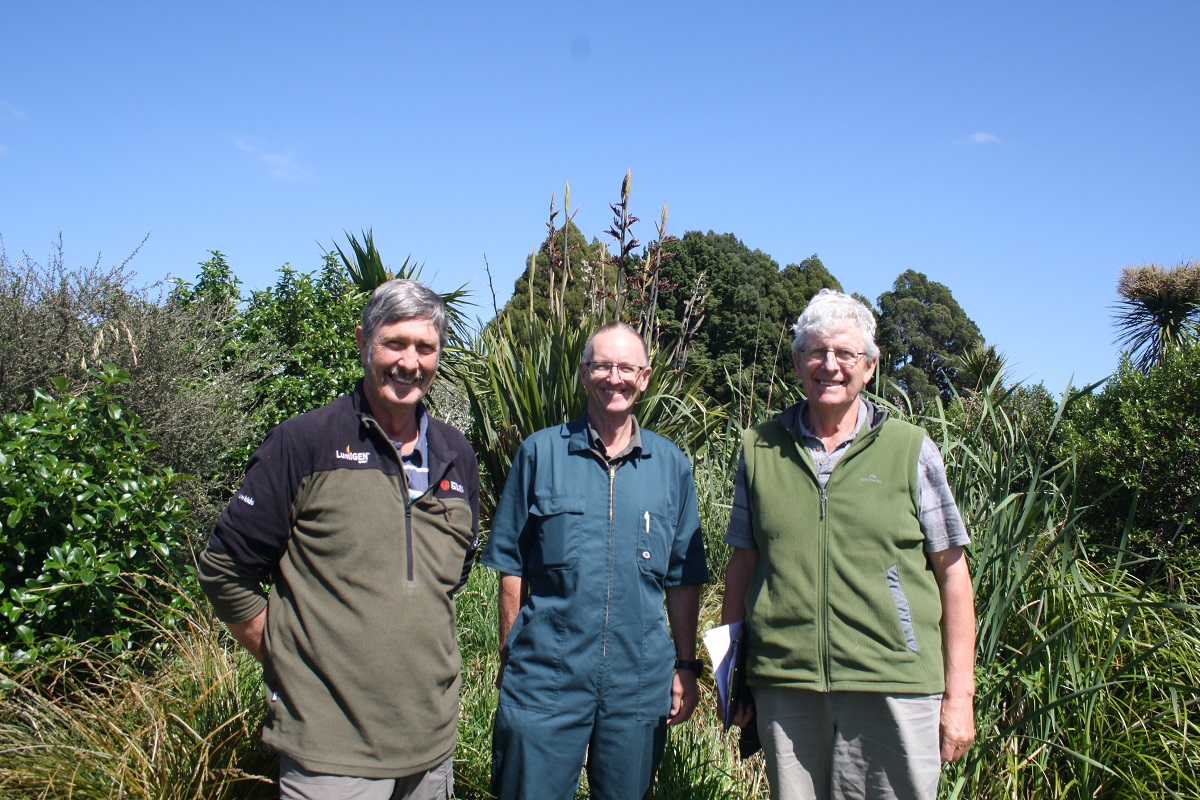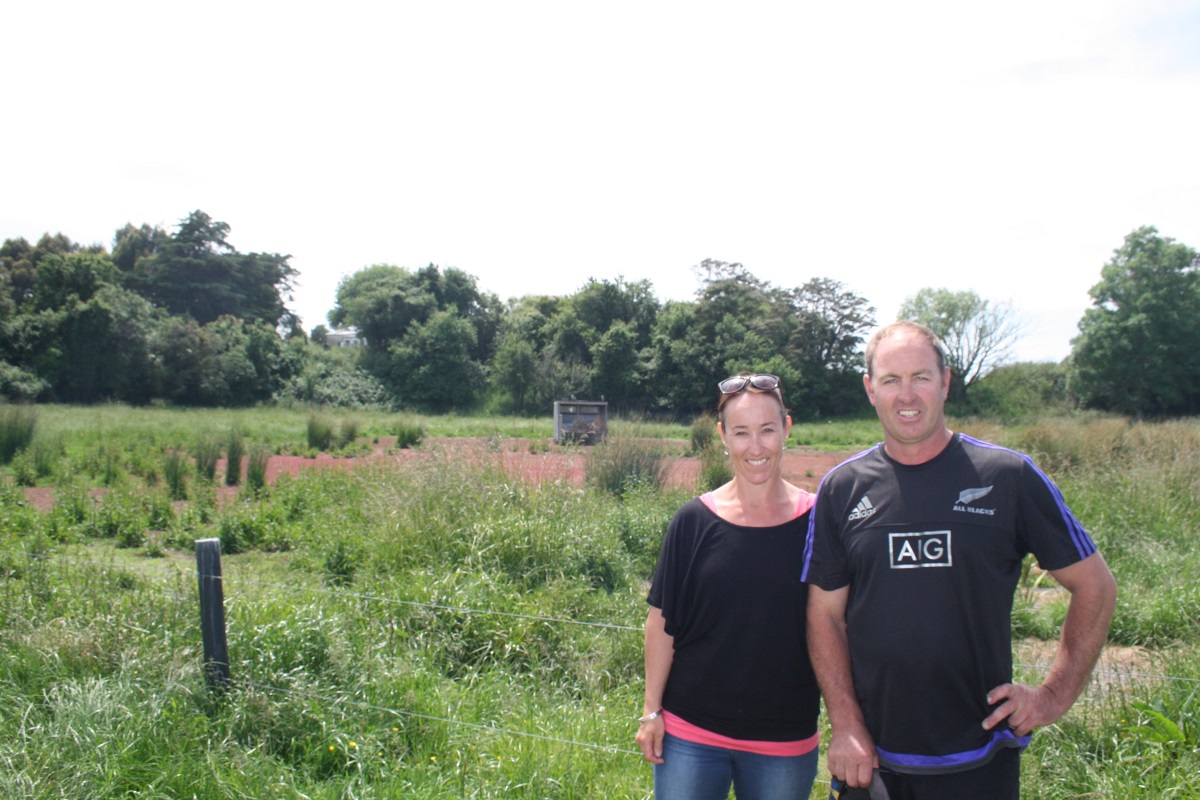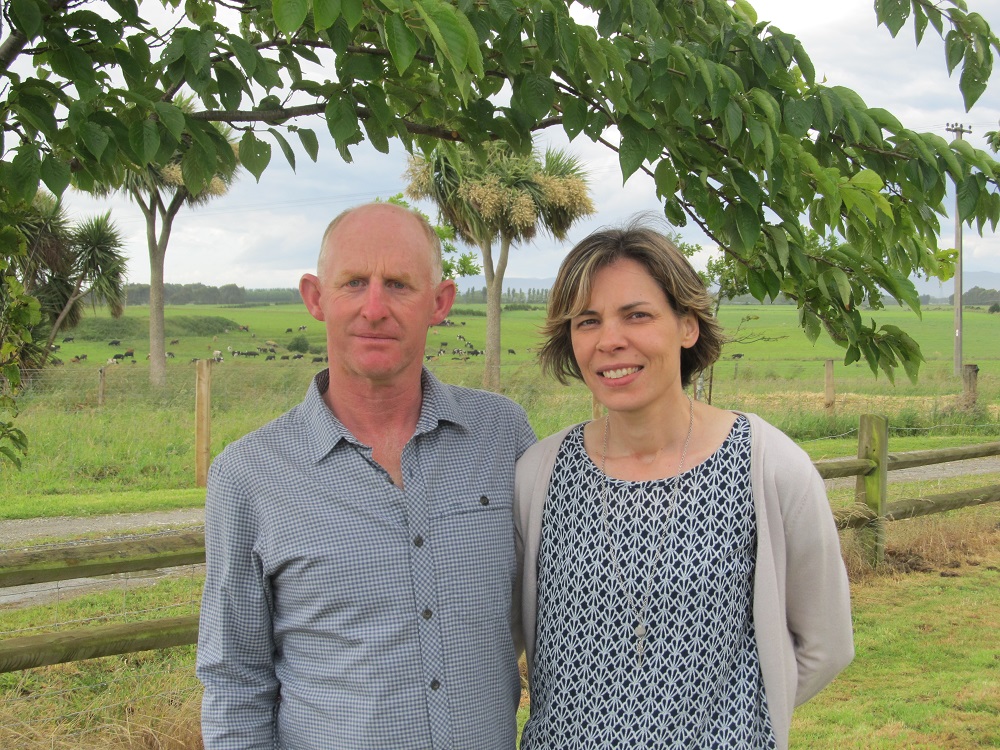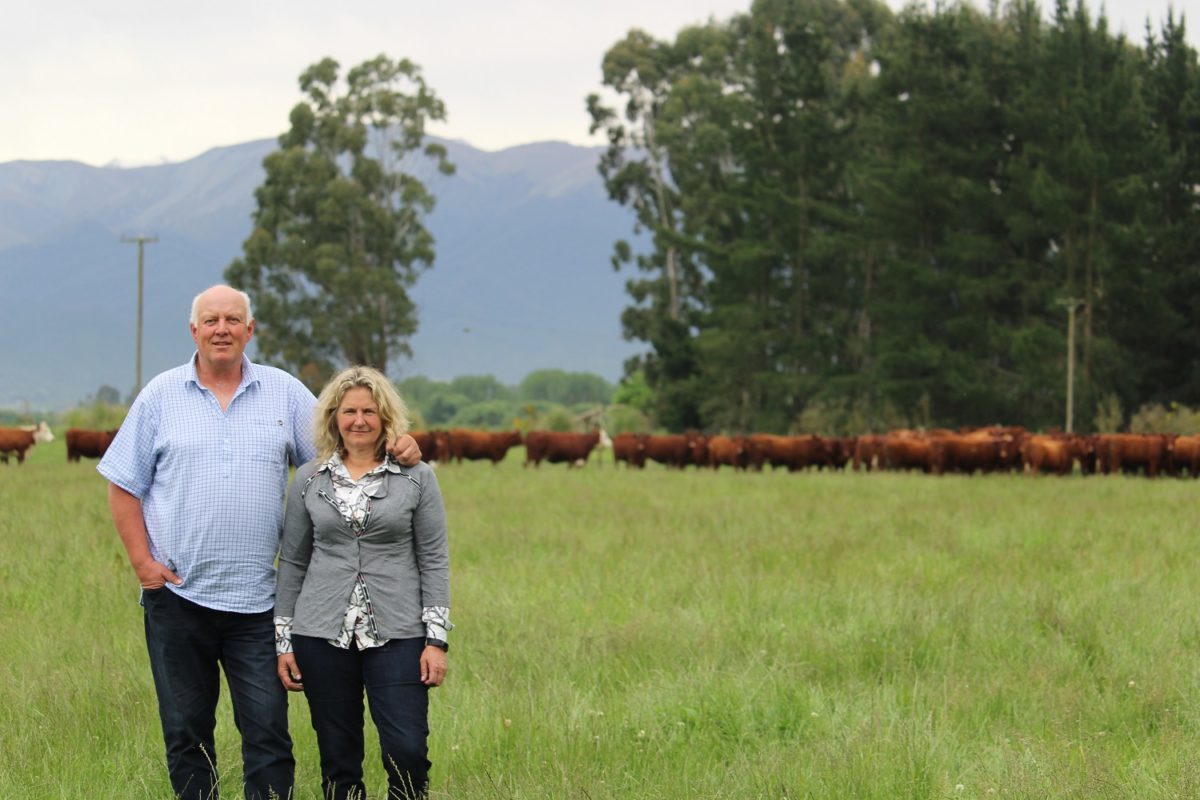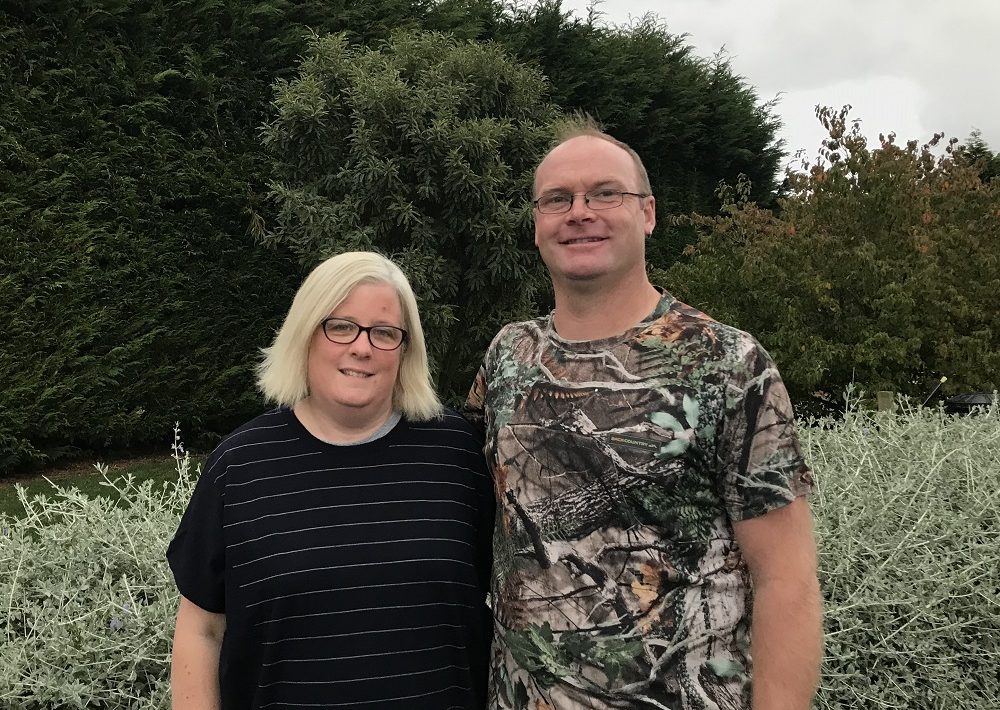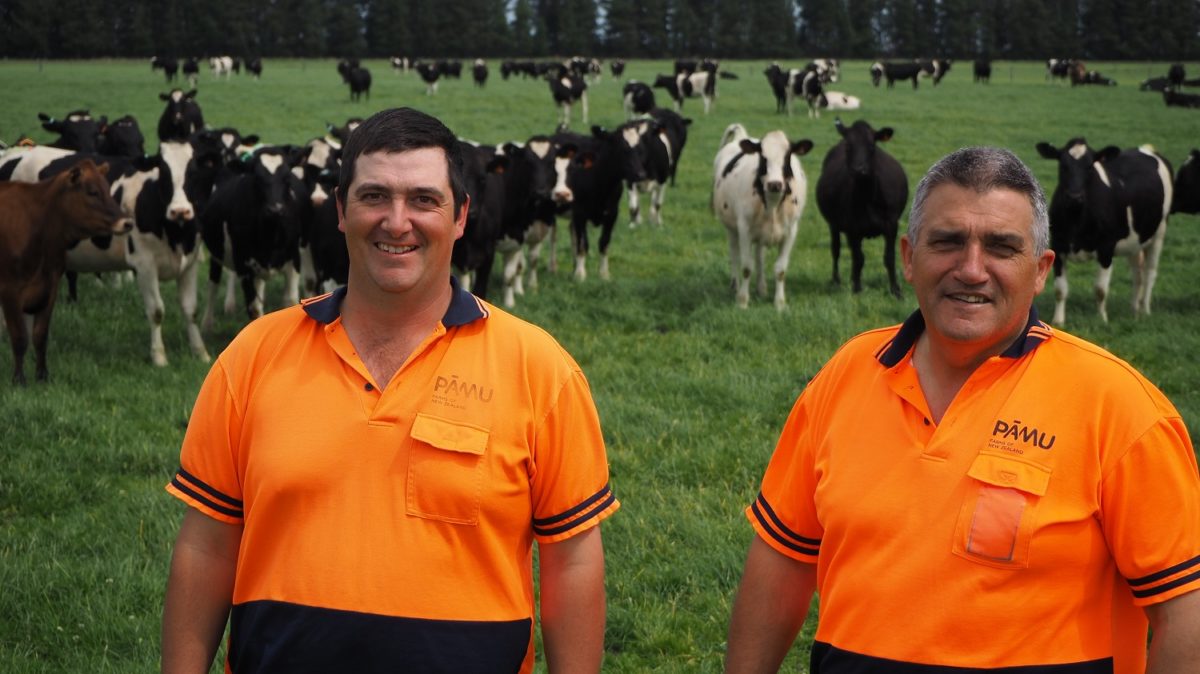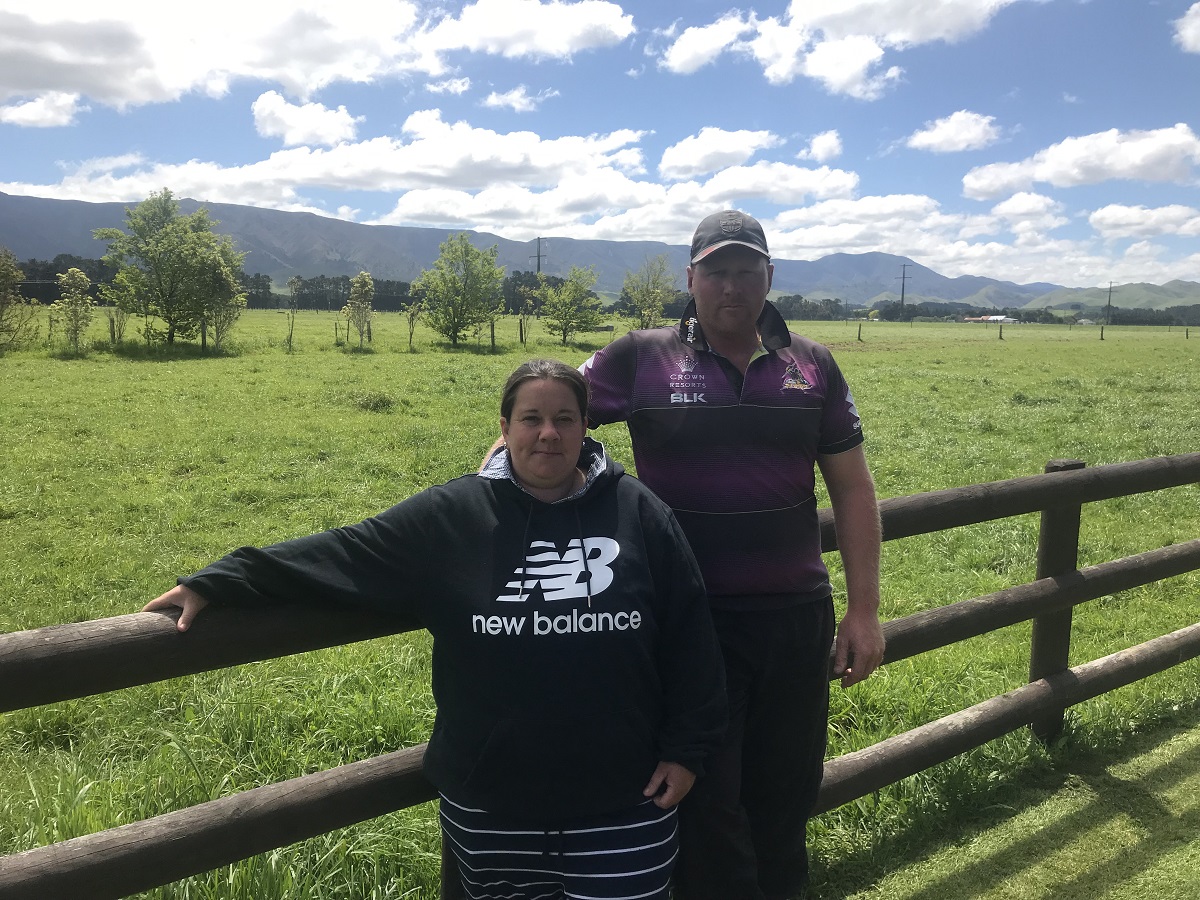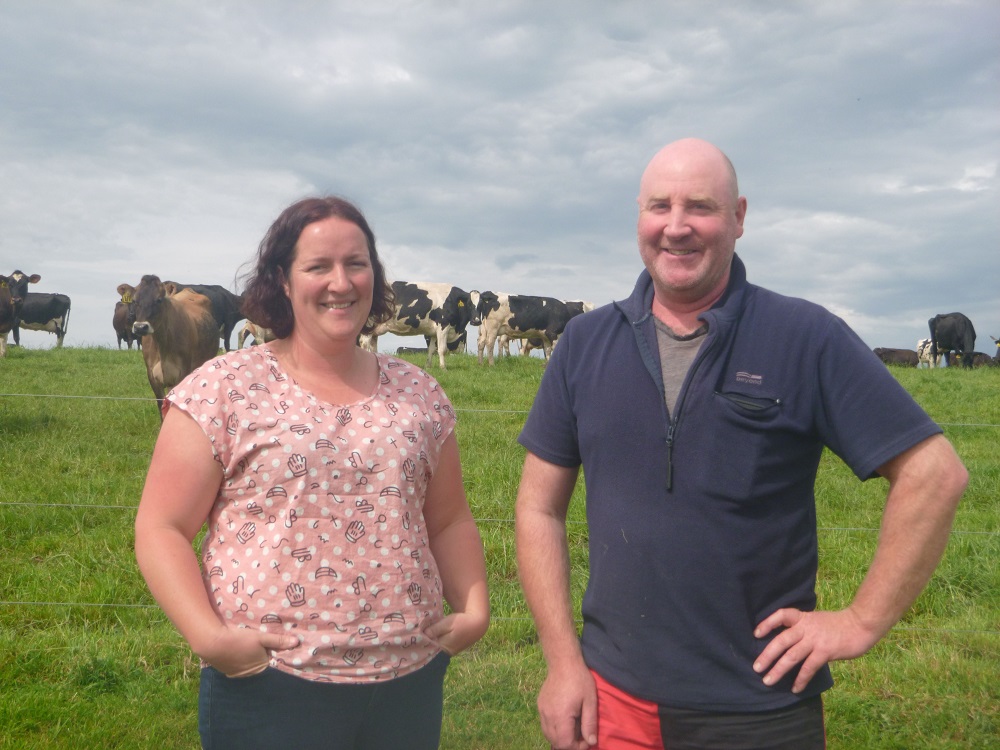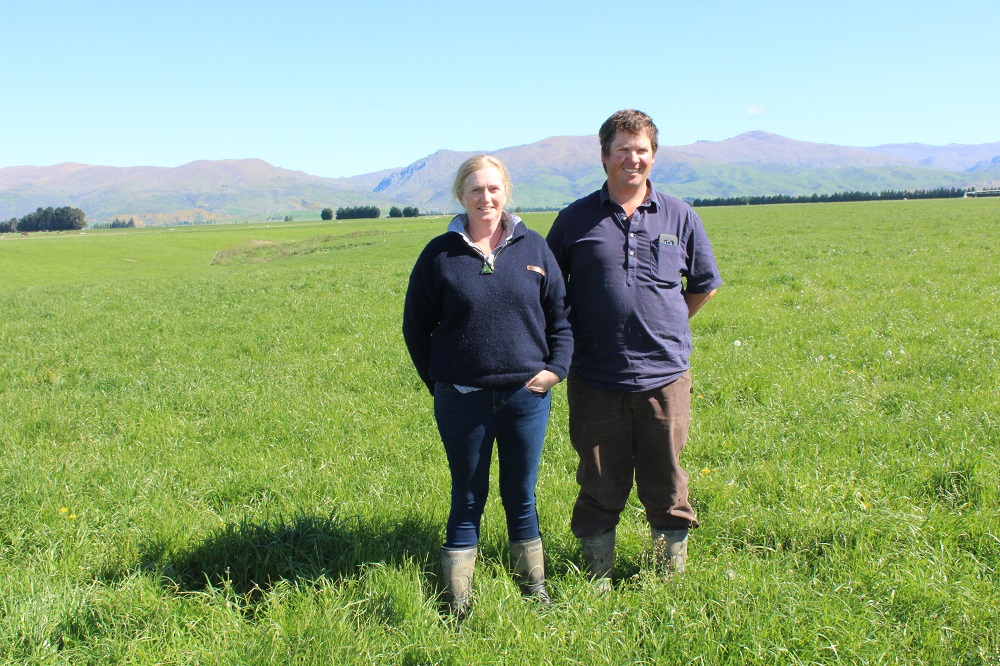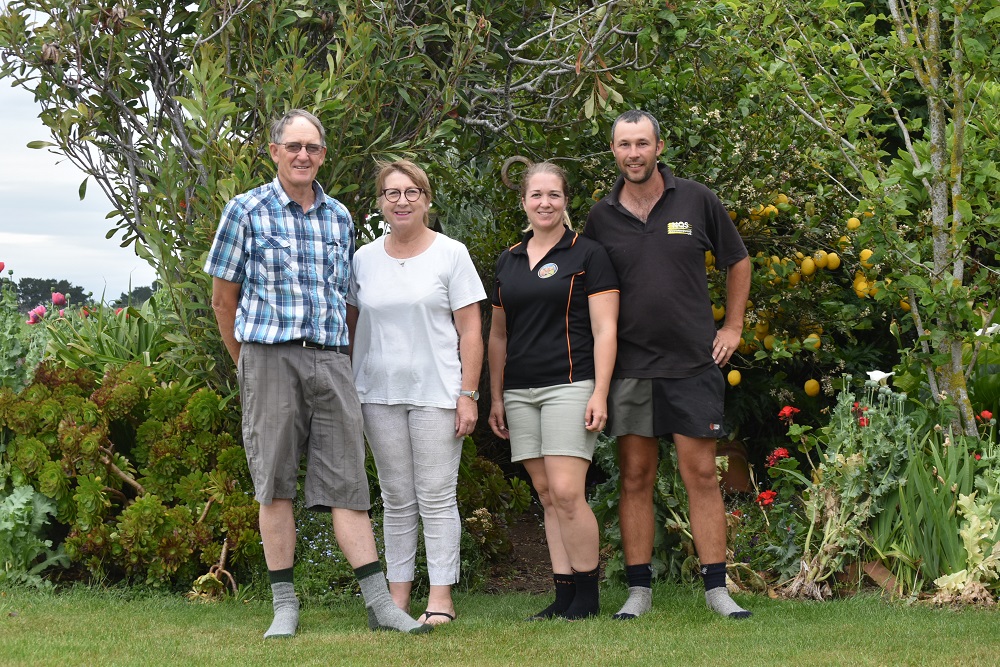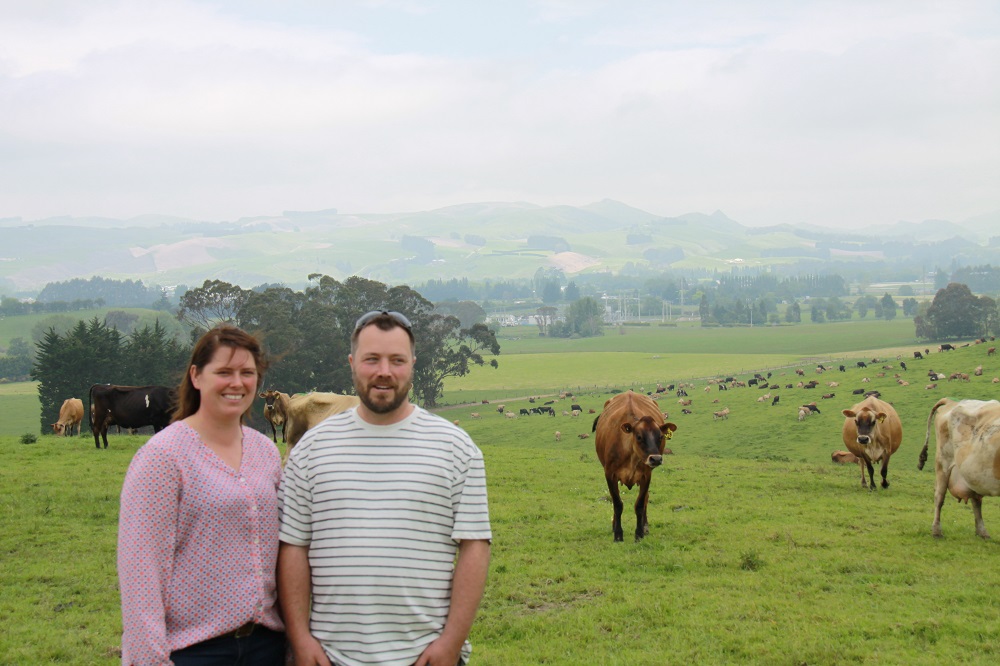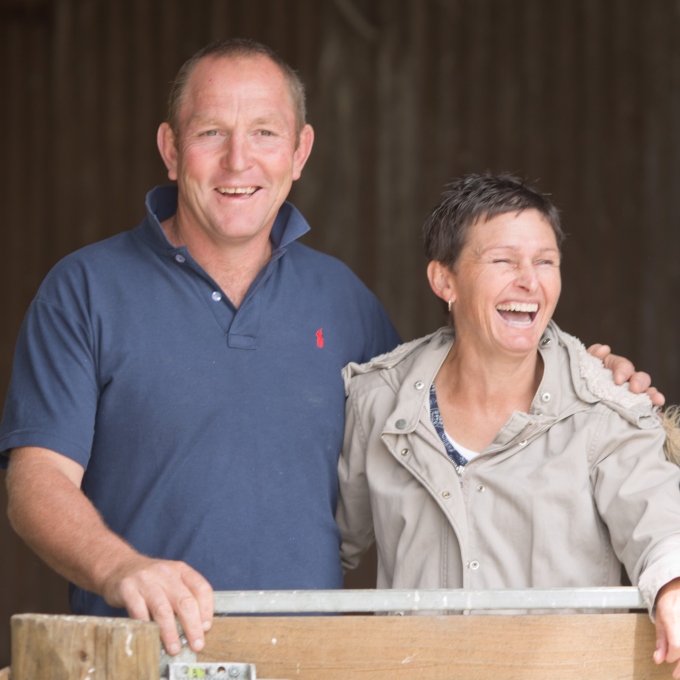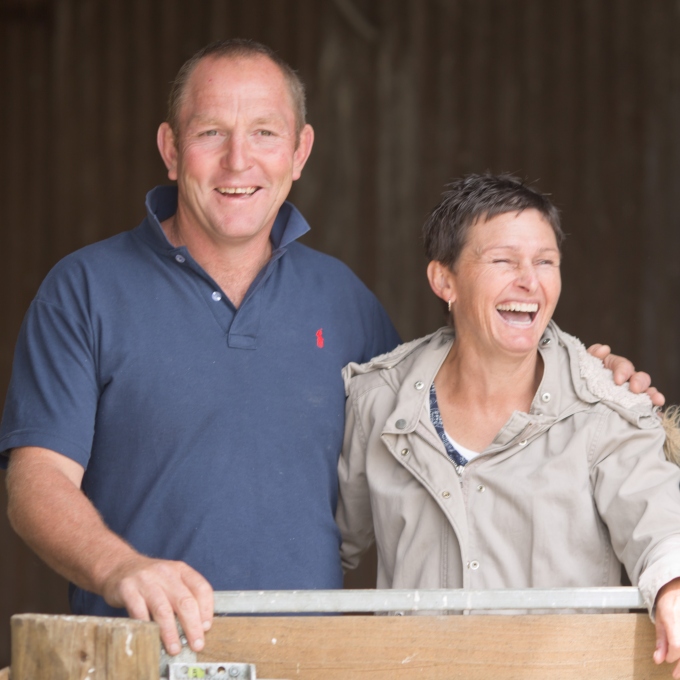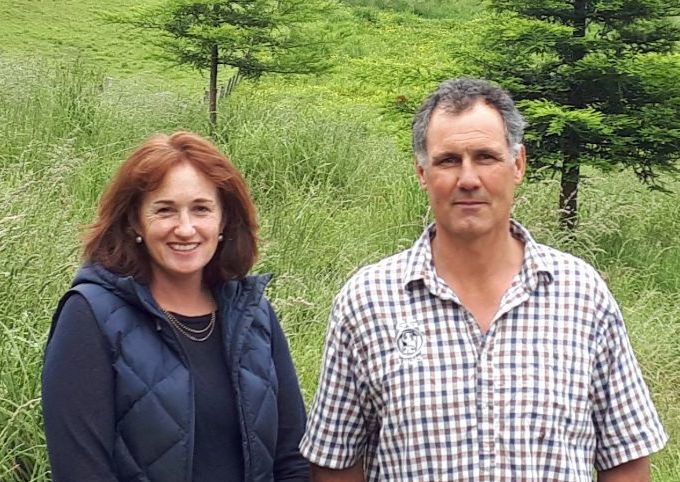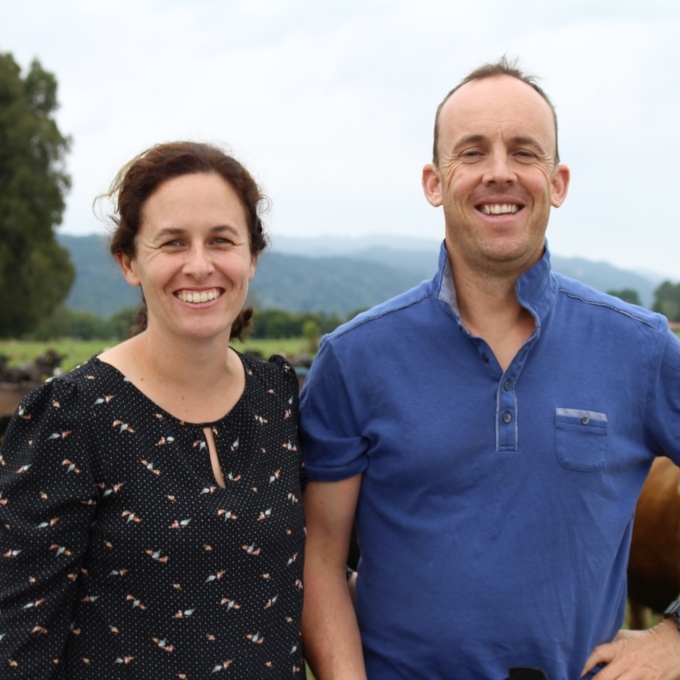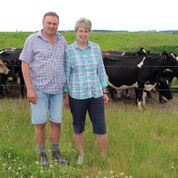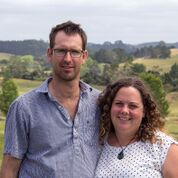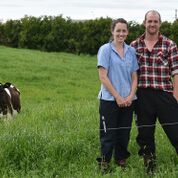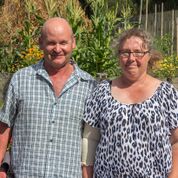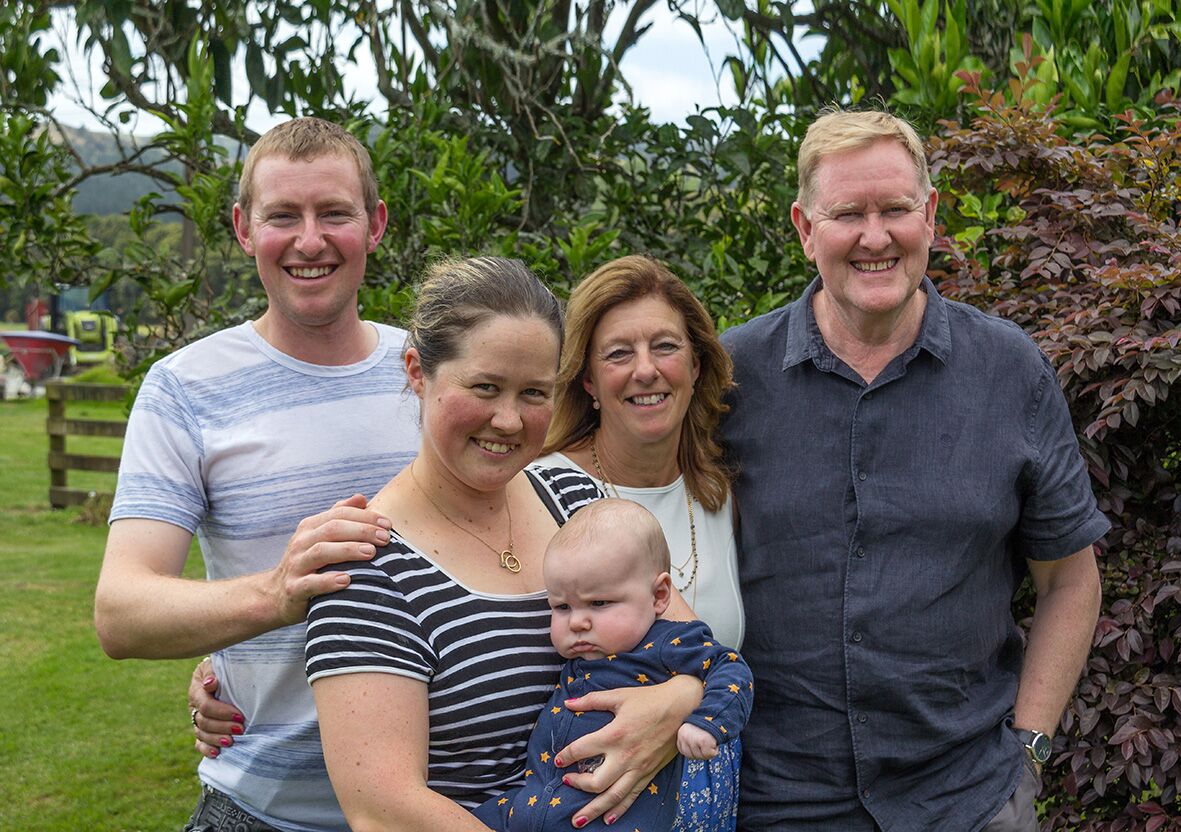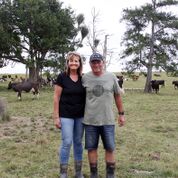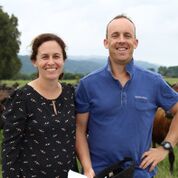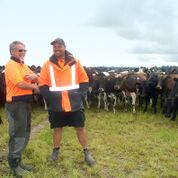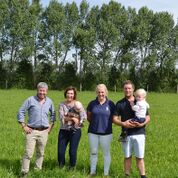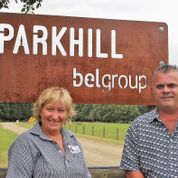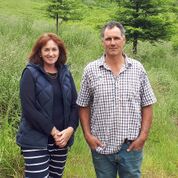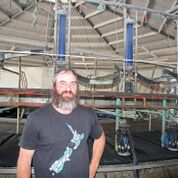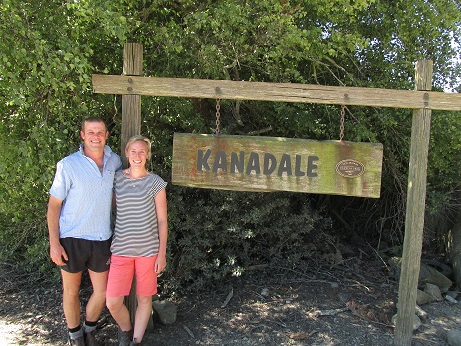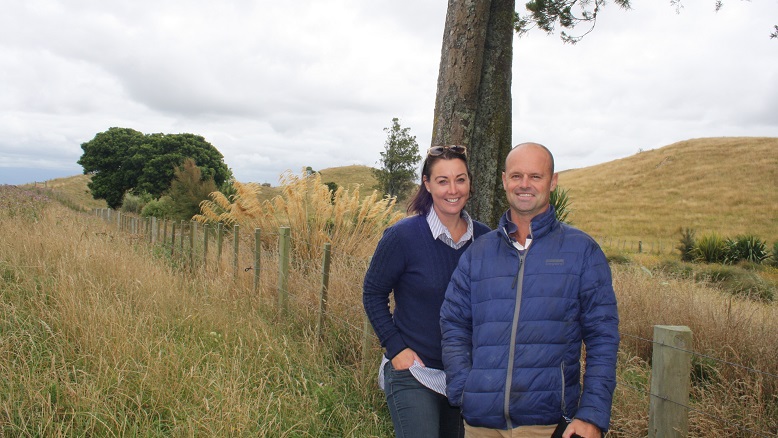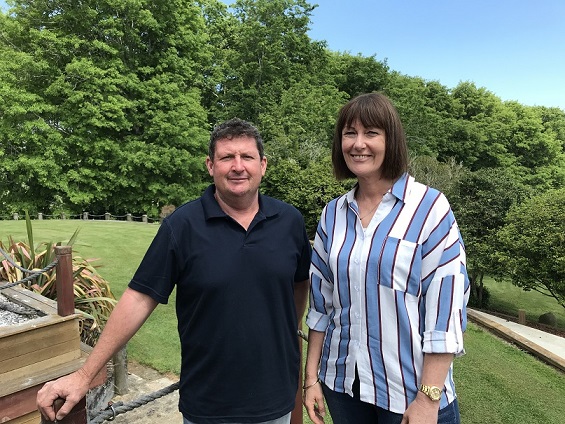Kevin Hall on facing the challenge of how to “winter better”
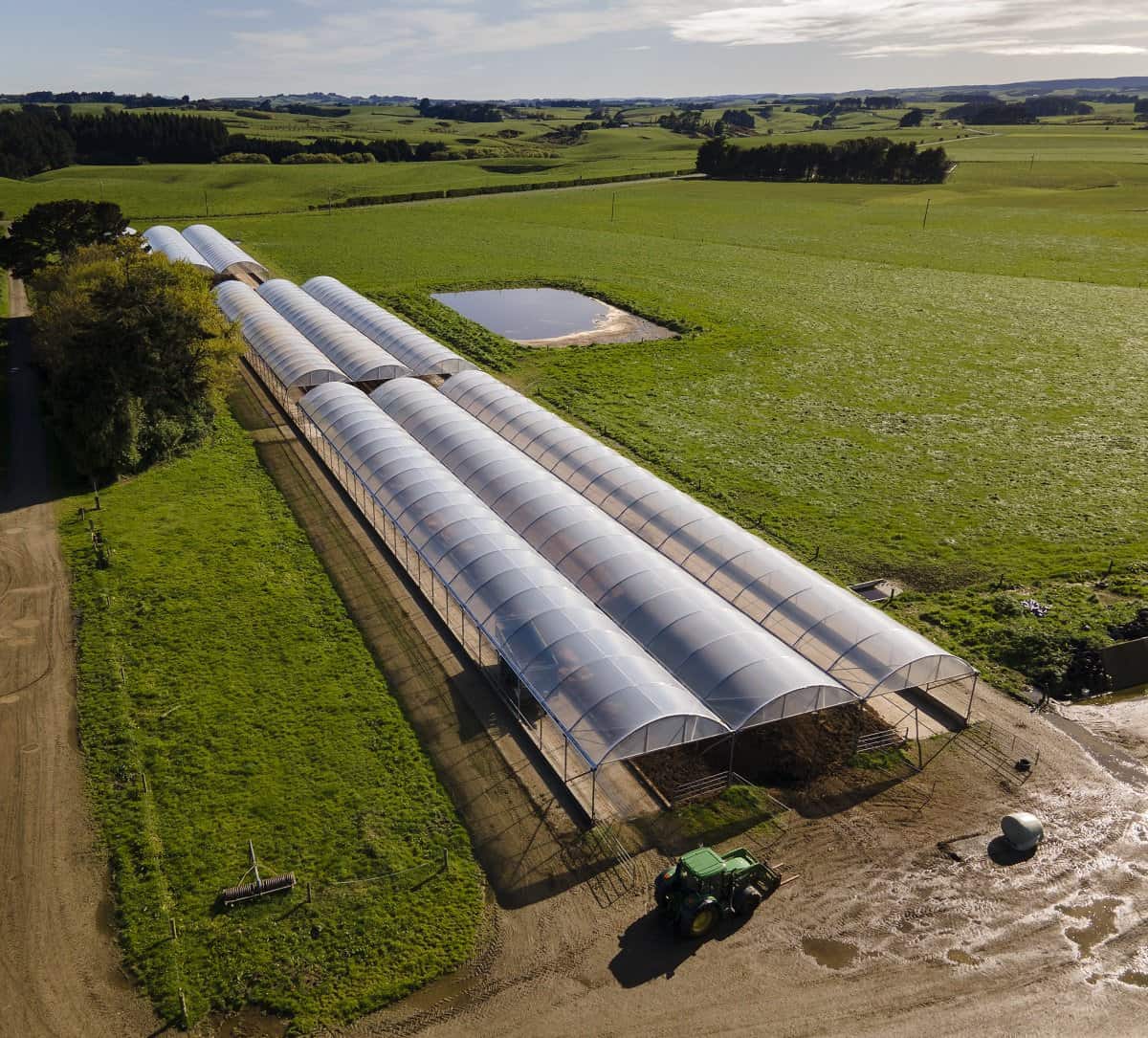
From the day he purchased Hollyvale farm in Waimahaka, Southland in 2008, Kevin Hall was looking for ways to improve his wintering facilities for around 700 mixed-age cows. He didn’t want to send them away for contract grazing, and knew there had to be a way to “winter better.”
Kevin, who was the 2022 Regional Supreme Winner in the Southland Ballance Farm Environment Awards, decided Redpath sheds were the way to go and he built two of them.
Using the learnings from that, a few years later he built a third and has recently built a fourth on the home dairy farm property.
“There is quite a bit of capital involved, but I look at it that farming is a long-term game. When you look at the investment involved spread over 15 years for instance, it’s not that daunting,” he says.
Kevin says winter is always the biggest challenge in Southland so investing in a system that works for both the farm staff and the cows makes sense.
“It doesn’t matter what nature throws at you, rain, snow, or wind, you’ve still got a guaranteed cow at the end of winter. That flows on with better cow health and better milk production.”
According to Kevin, the key factor to keep in mind when planning a shed system for stock is effluent management. “The way you manage, store and handle effluent is crucial to a well- functioning system.”
That, he discovered was the problem with the first two sheds. “The system didn’t work mainly because we were pumping whole effluent instead of separated effluent.”
The third shed has a weeping wall that separates out the solids.
“Most of the nutrients are in the liquid rather than the solids so from a pumping point of view, it’s easier to work with the liquids,” says Kevin. Liquid effluent is pumped into a clay-lined two million litre effluent pond and then come December is pumped through an umbilical cord attached to tractors and spread across around 30 hectares of silage paddocks. “We try not to lose anything. Effluent makes a great fertilizer replacing the nutrients removed by the silage harvest.”
The fourth shed, built at the home dairy farm to house predominately calving and colostrum cows that can make a mess of the dairy farm especially if the weather is wet, makes use of a flood wash system. This is proving to be the most successful system so far, not least because it is using the farm’s effluent system – an existing water resource.
“With the floodwash you have a 25,000 litre tank that just floods the concrete structure. But you are using green water – effluent from which the solids have been removed, which we already have.”
The sheds have constantly evolved over the years. The span has increased with the latest building out to 11 meters. “It makes it more user friendly for getting in there to clean and also putting bedding in,” he says.
The farm uses sawdust for bedding over using woodchips because it’s easier to handle and can be good for spreading over grass paddocks. “It works because we don’t have crop paddocks so wouldn’t be able to plough in woodchips. We did try them the first year, but they didn’t work for us,” Kevin says.
Kevin says silage fed on concrete is better utilised and there is no transition needed at the end of the lactation period.
“While the sawdust bedding is an extra expense, my rule of thumb is that the saving in feed each year compared to a traditional Southland wintering brassica diet essentially pays for it.”
So while Hollyvale’s systems are totally different from wintering on crop, Kevin says careful management is still key to making it work. “We do our feed budget, so we know how much we need and what the quality it is for the right nutrition levels we need. If you don’t end up with the cow you want at the end of winter, you haven’t done your homework properly,” he says.
